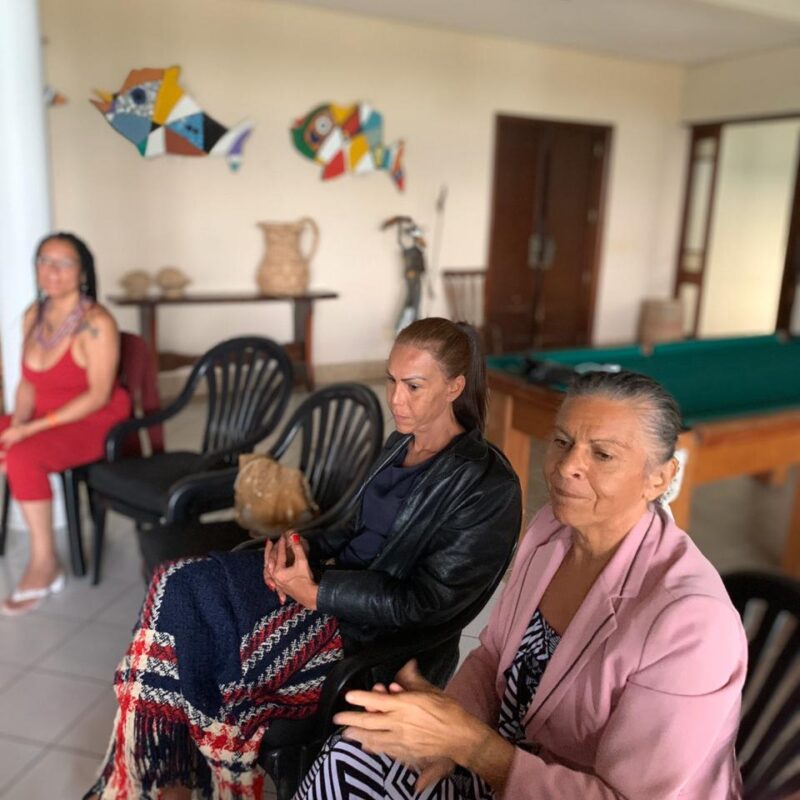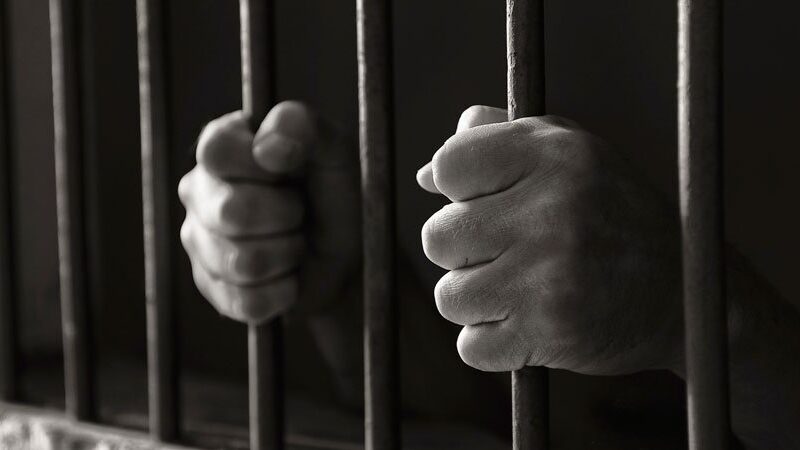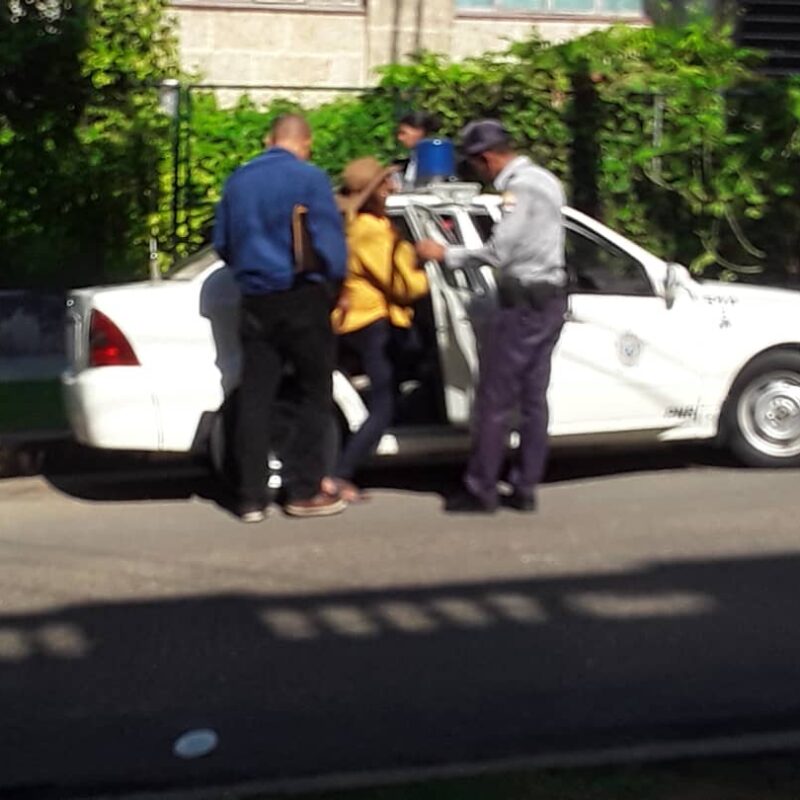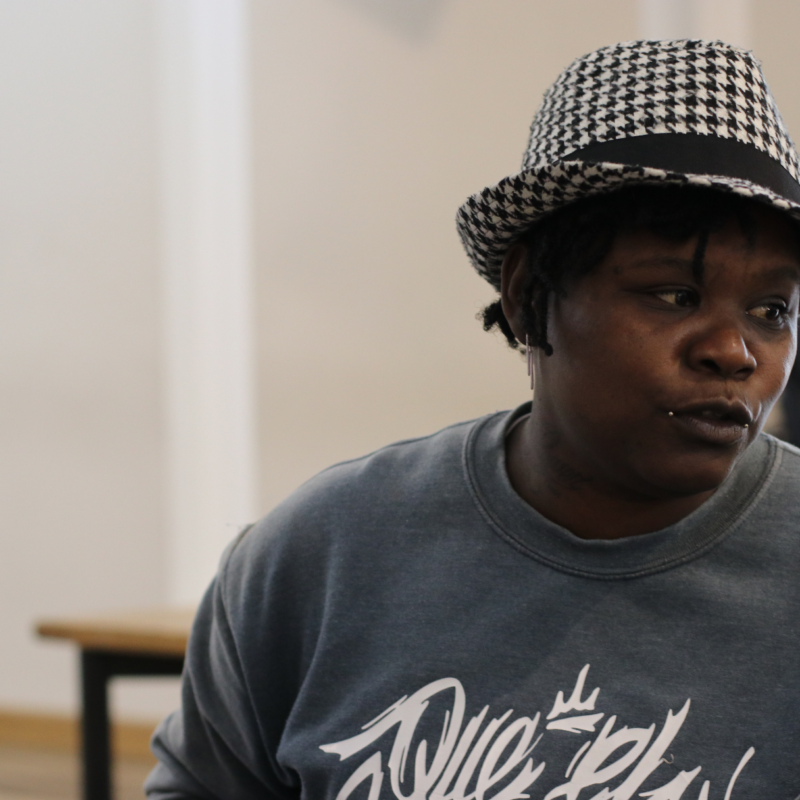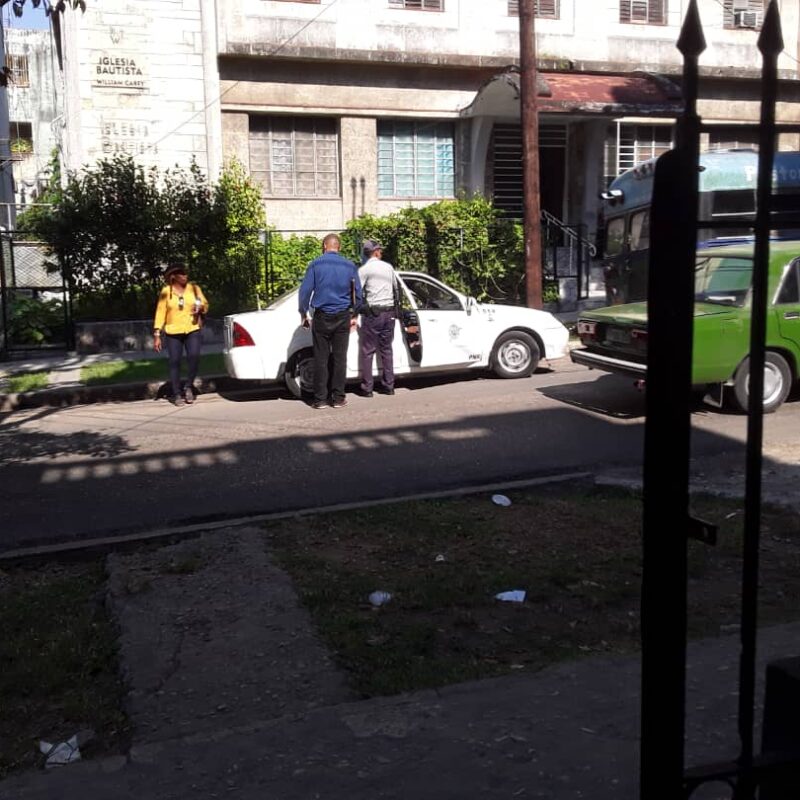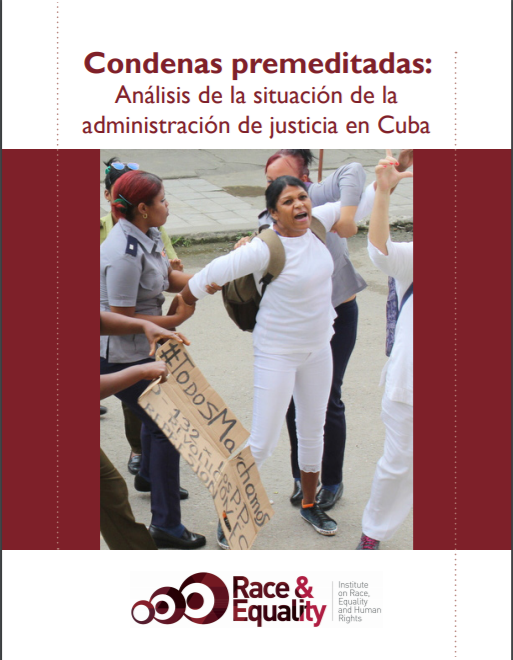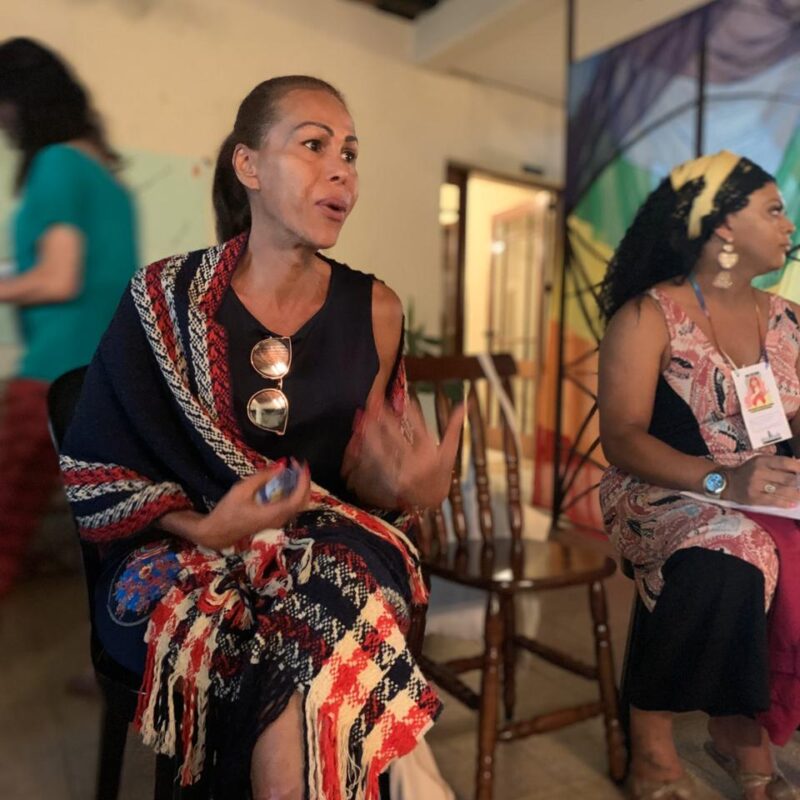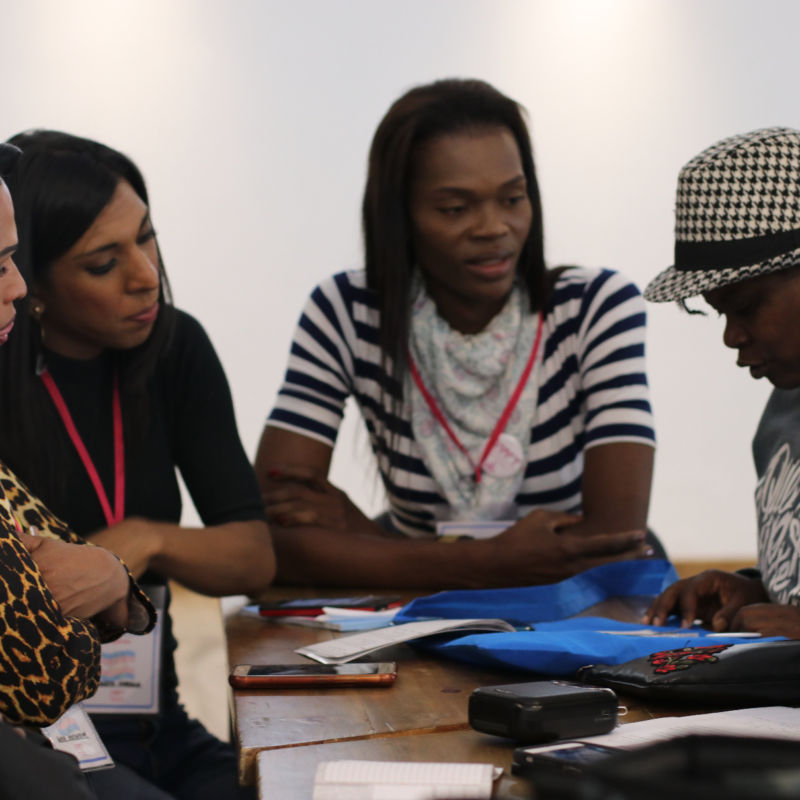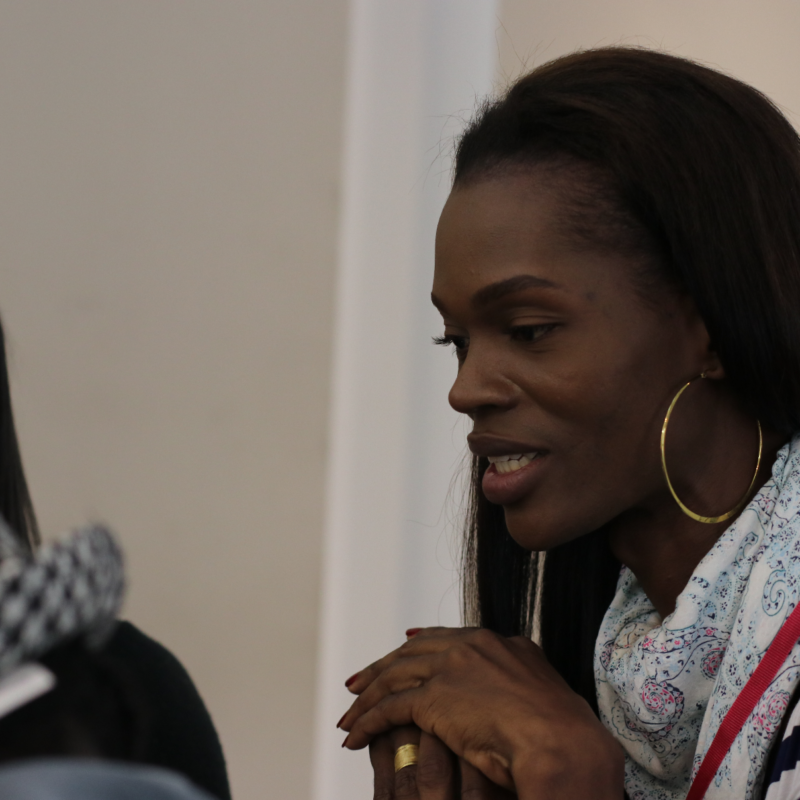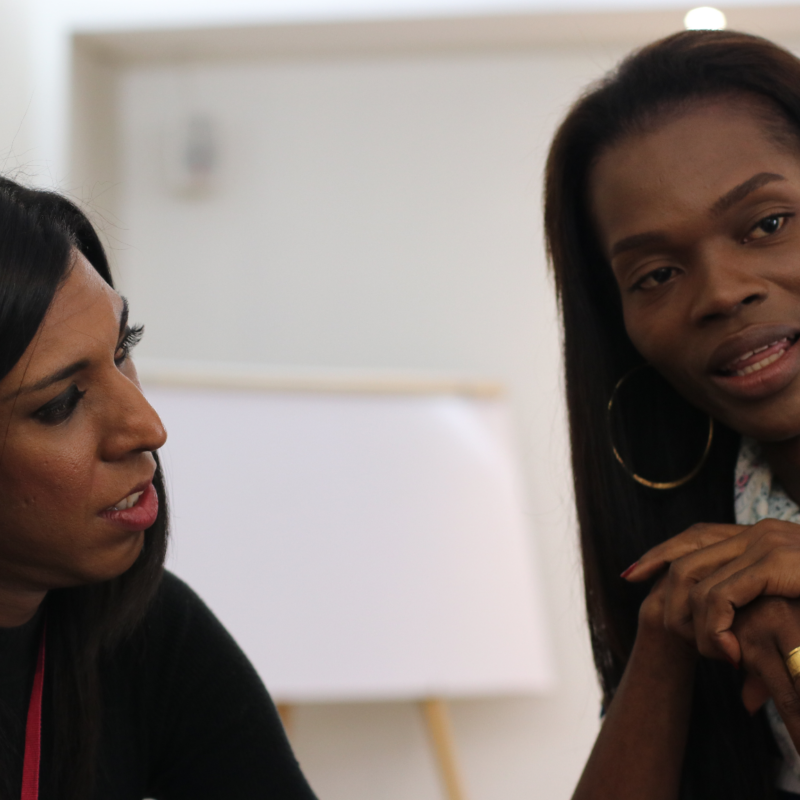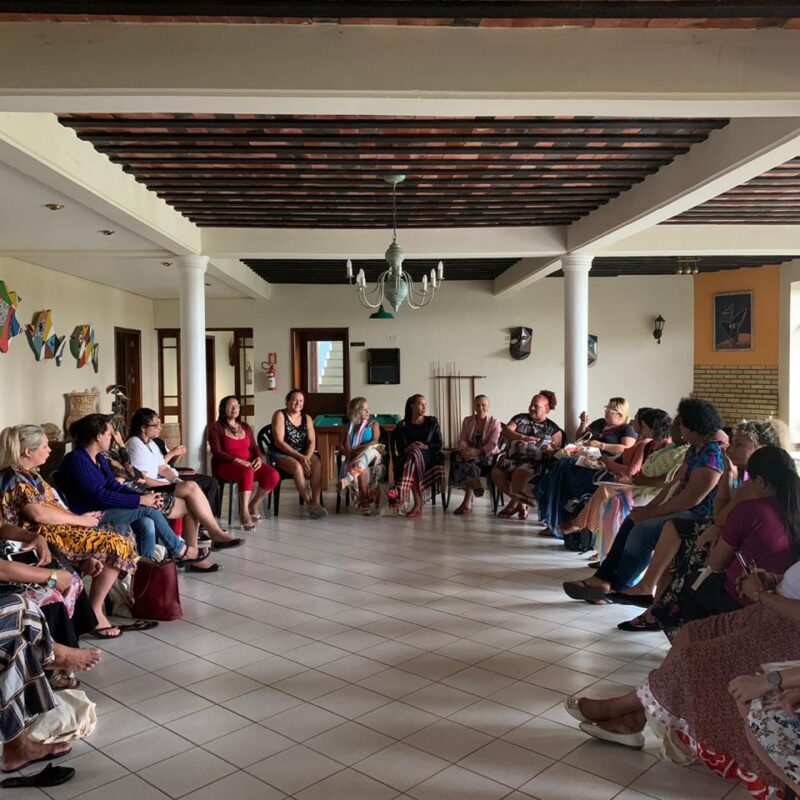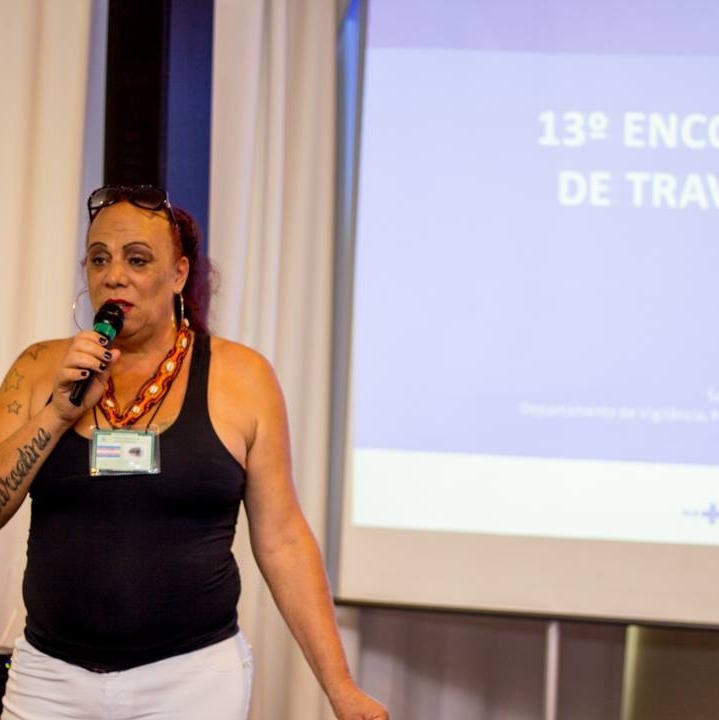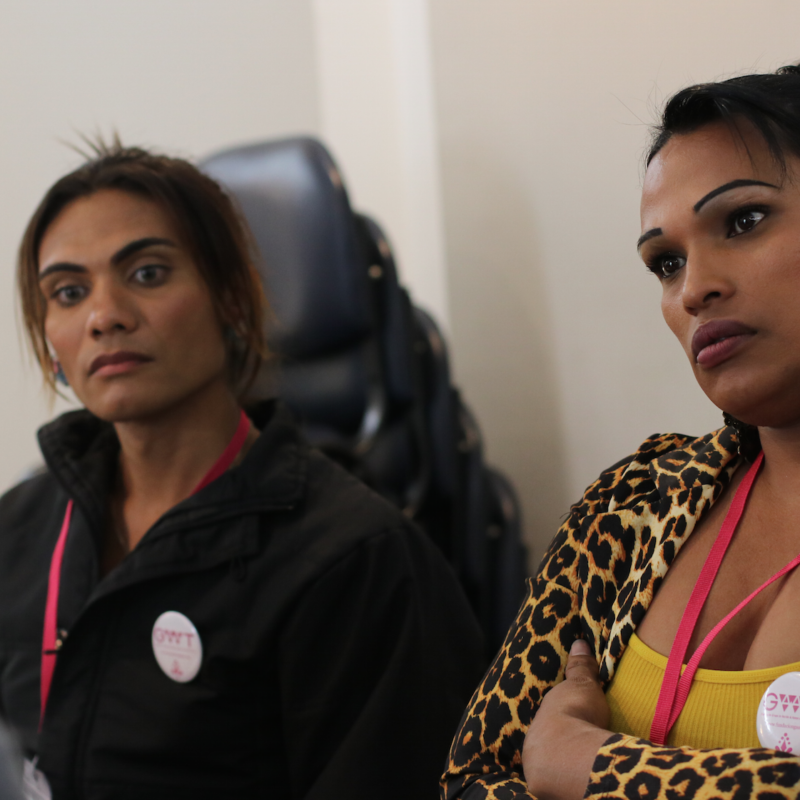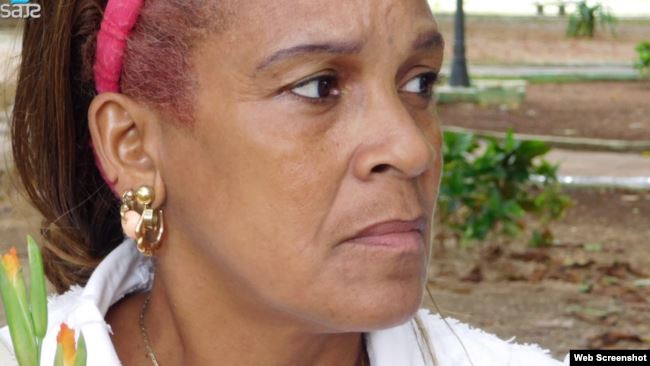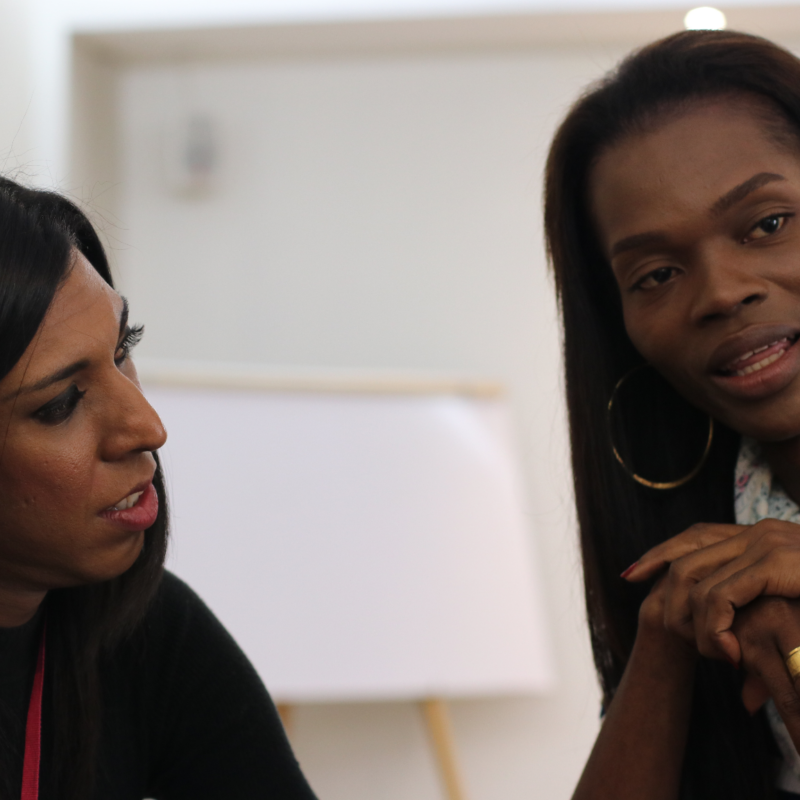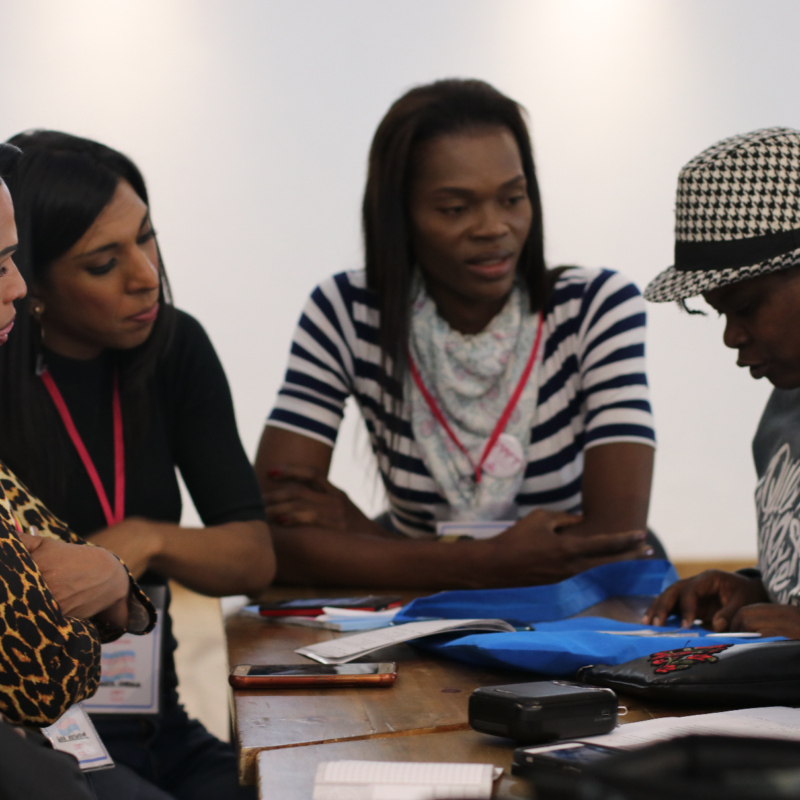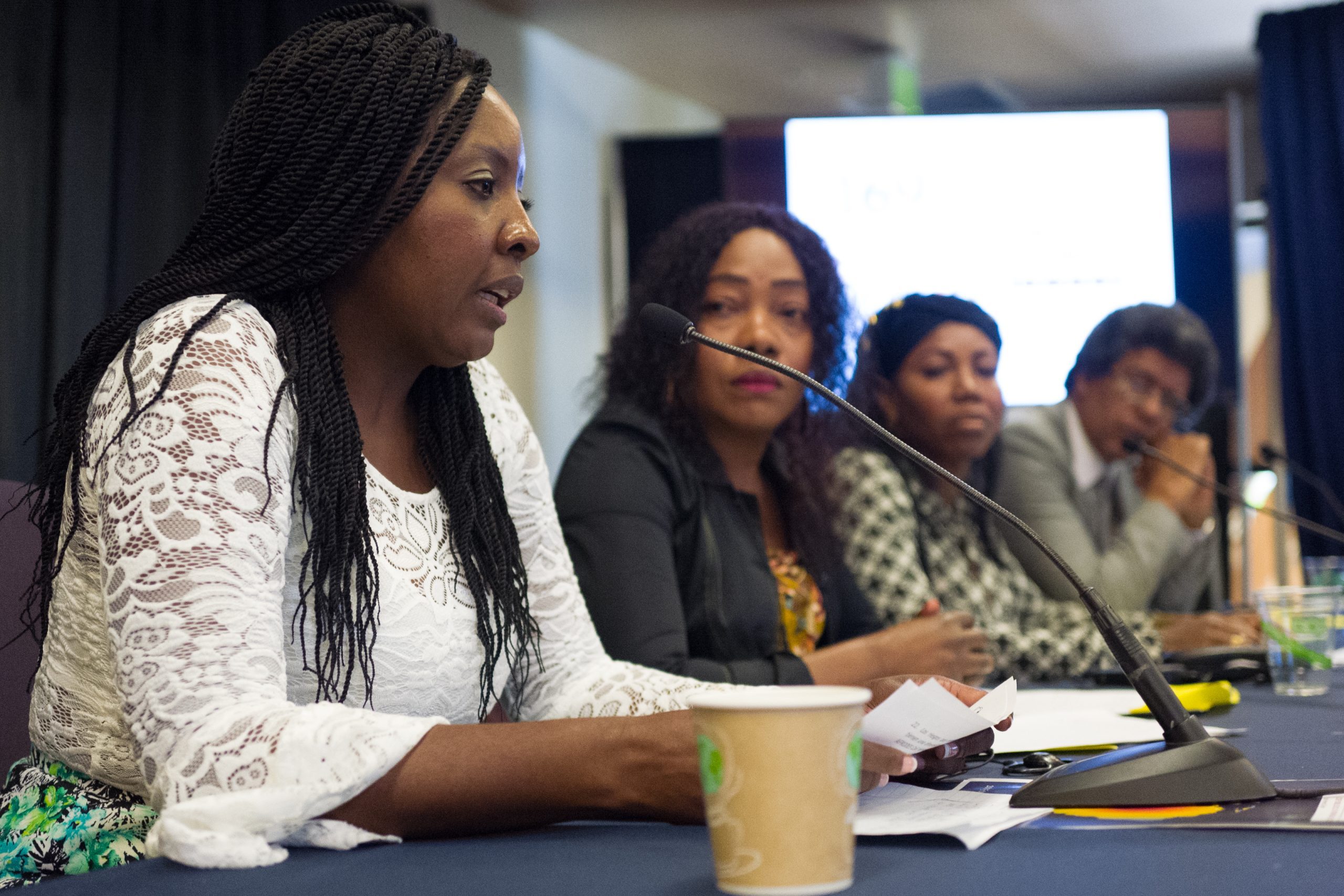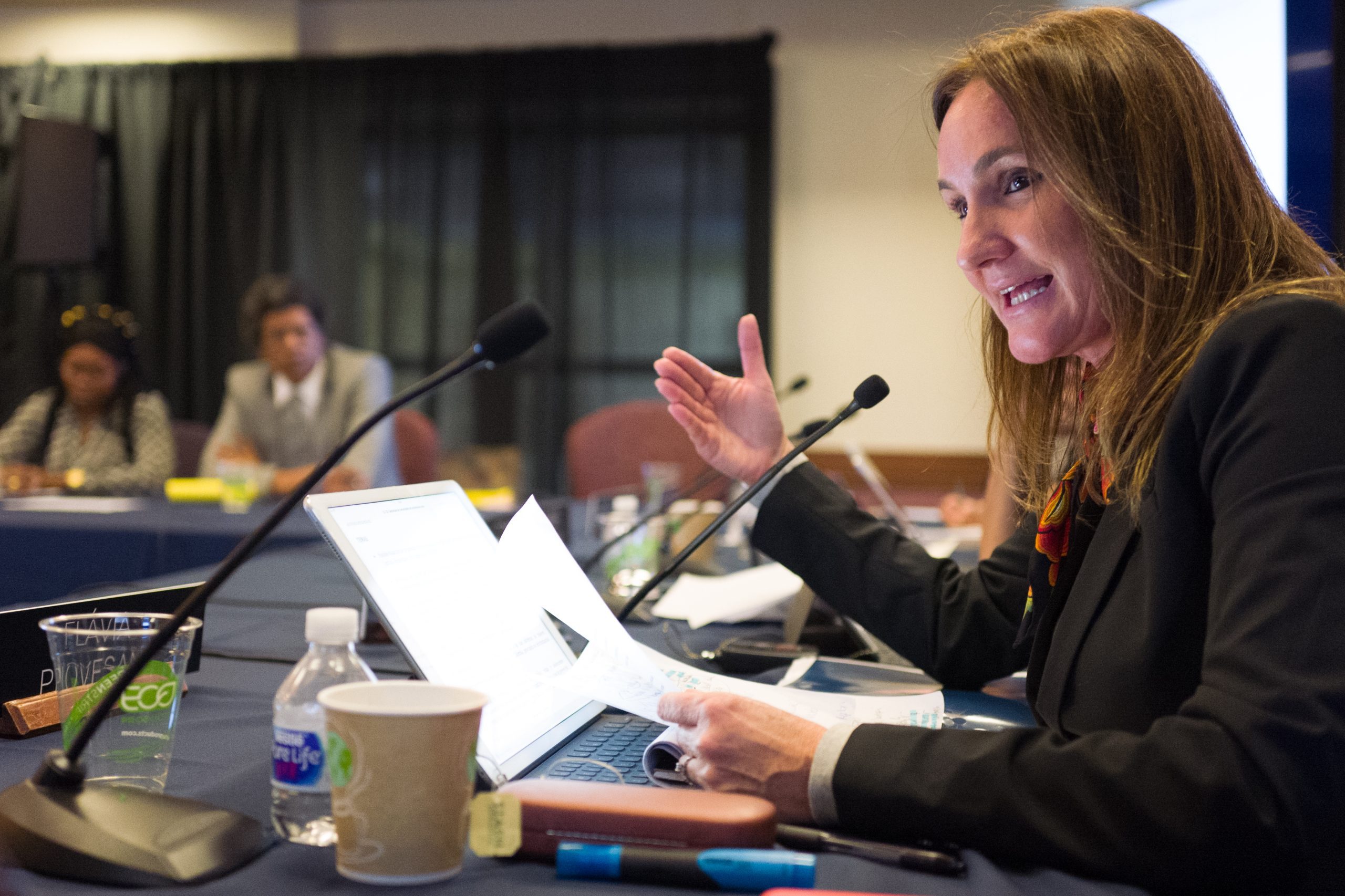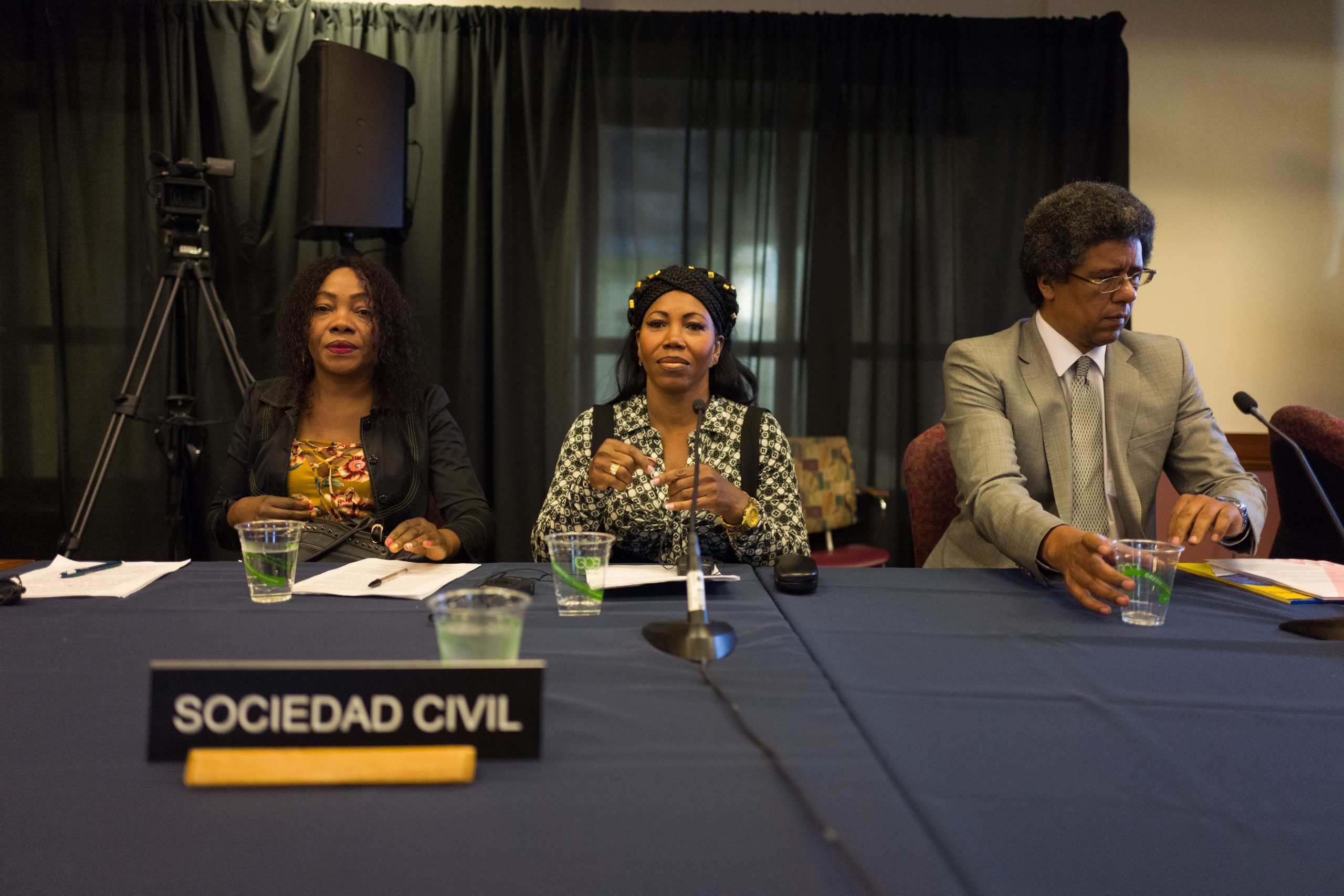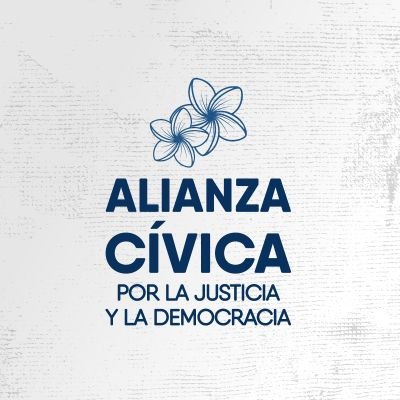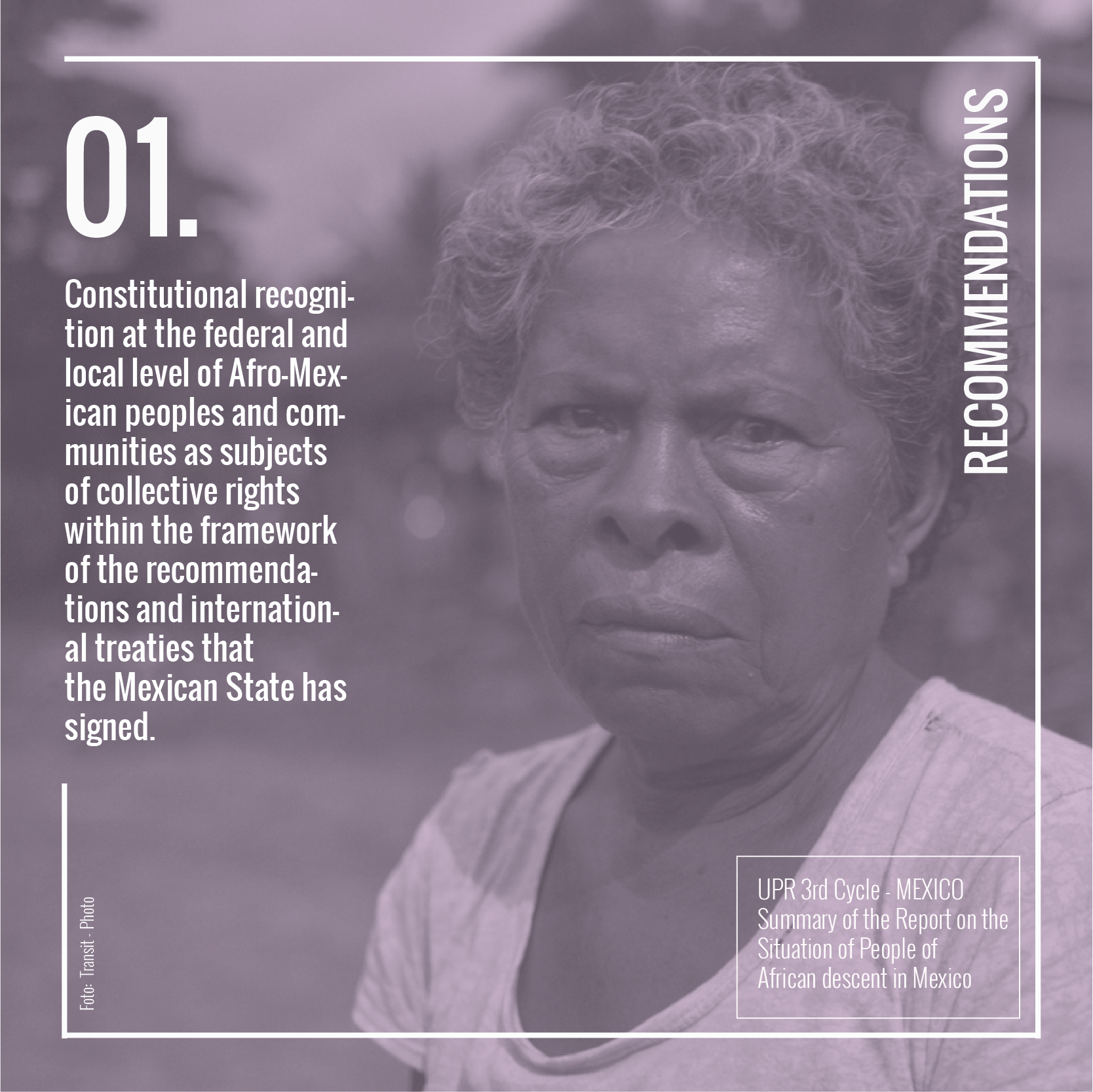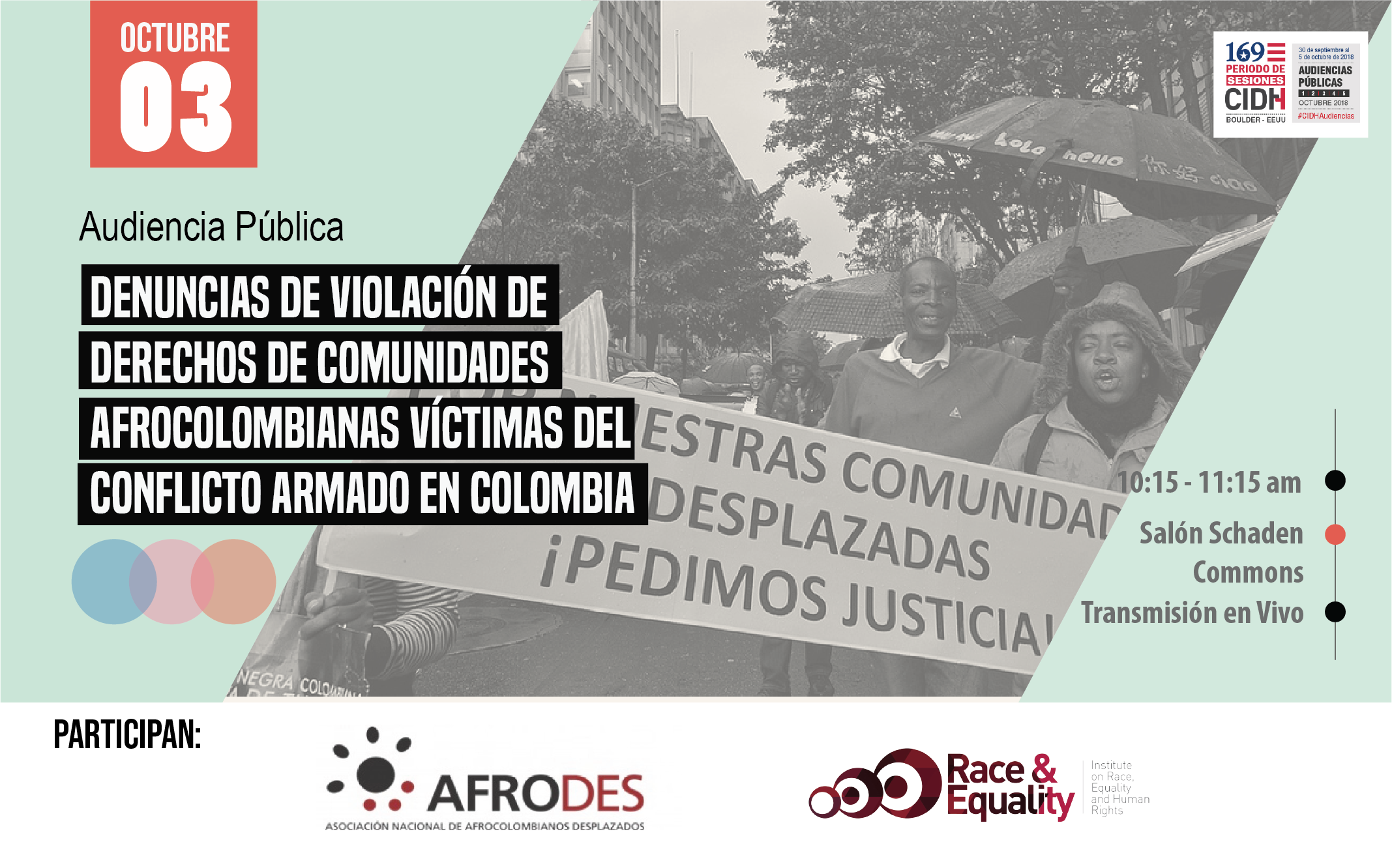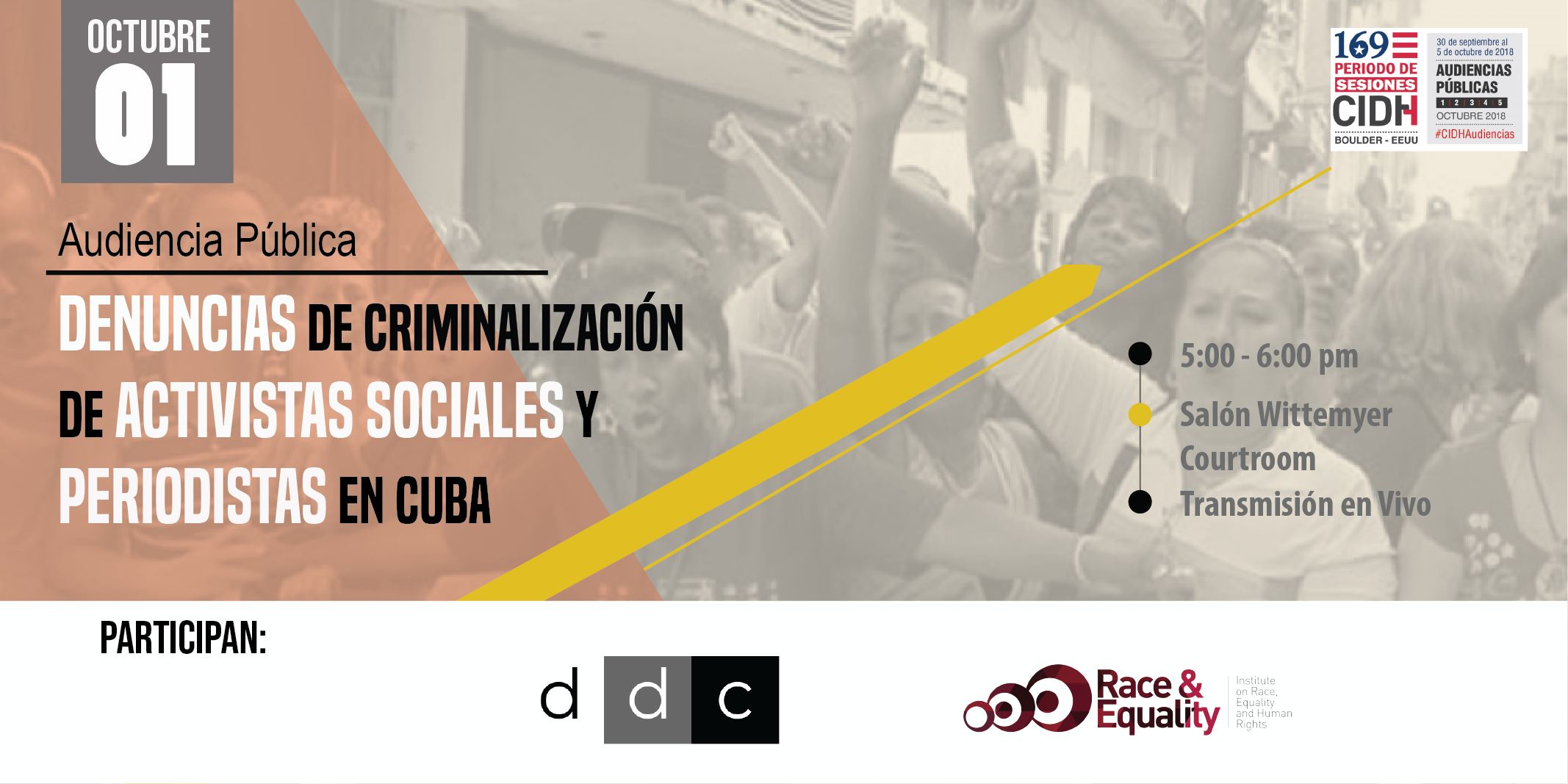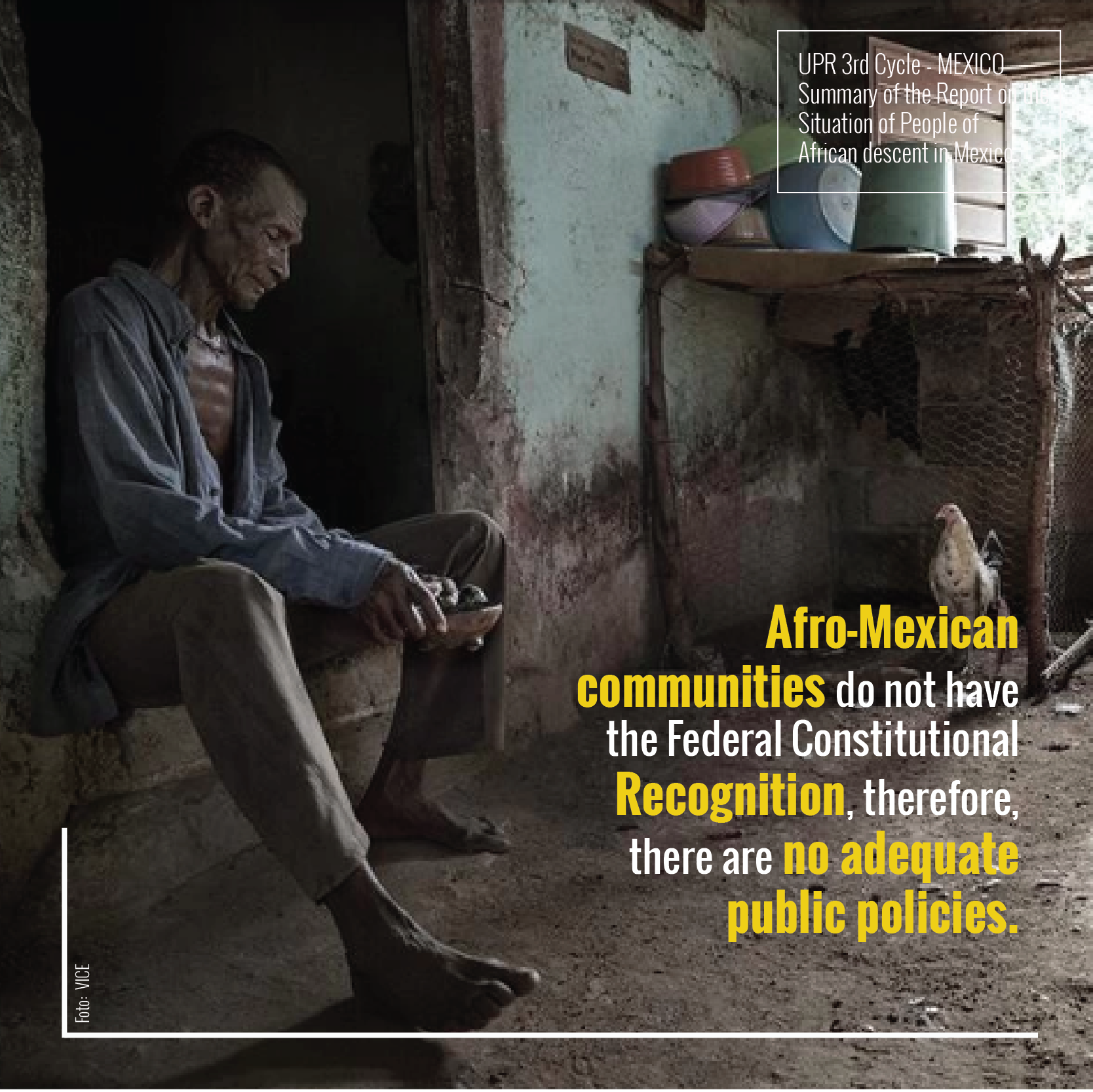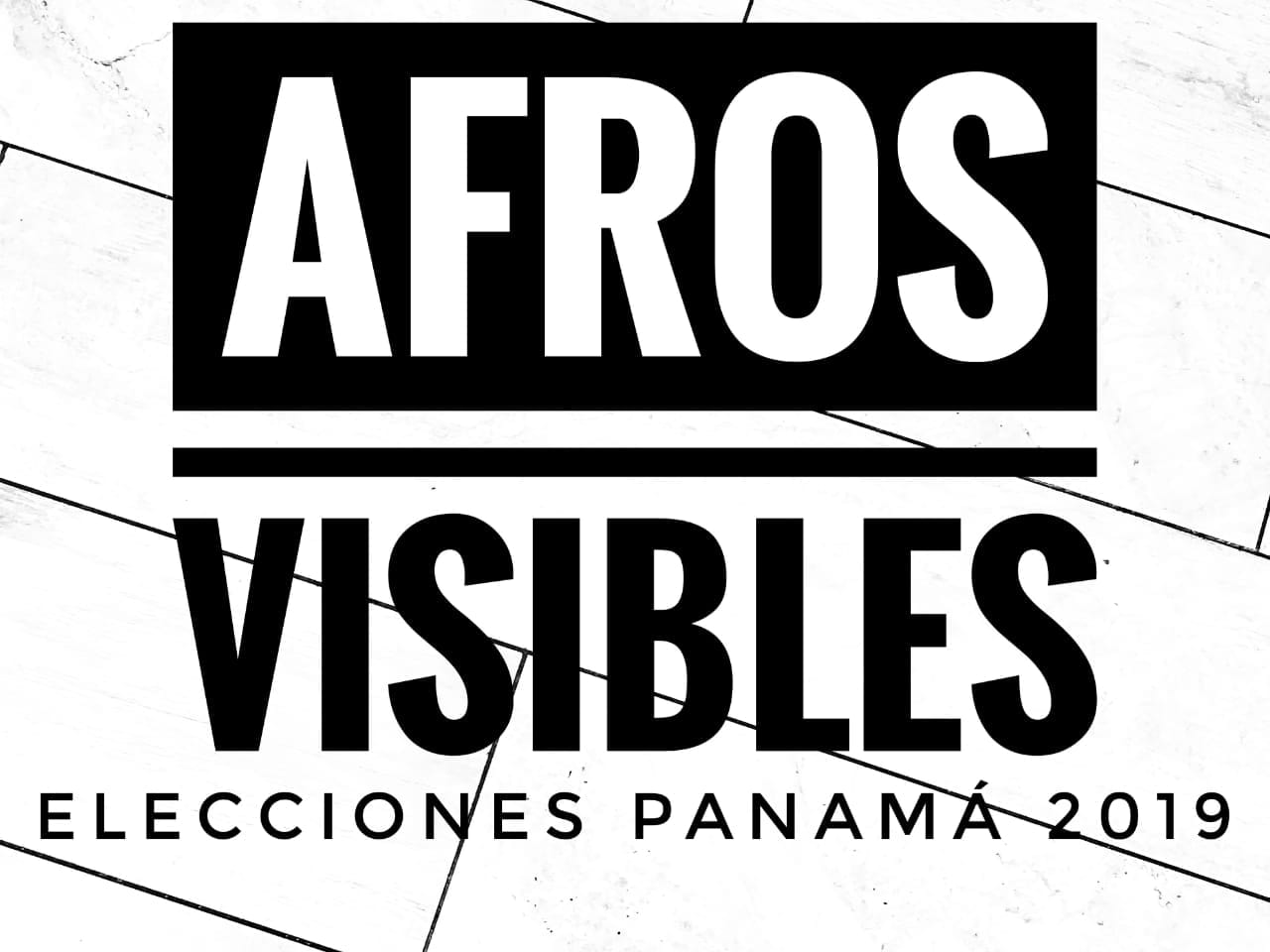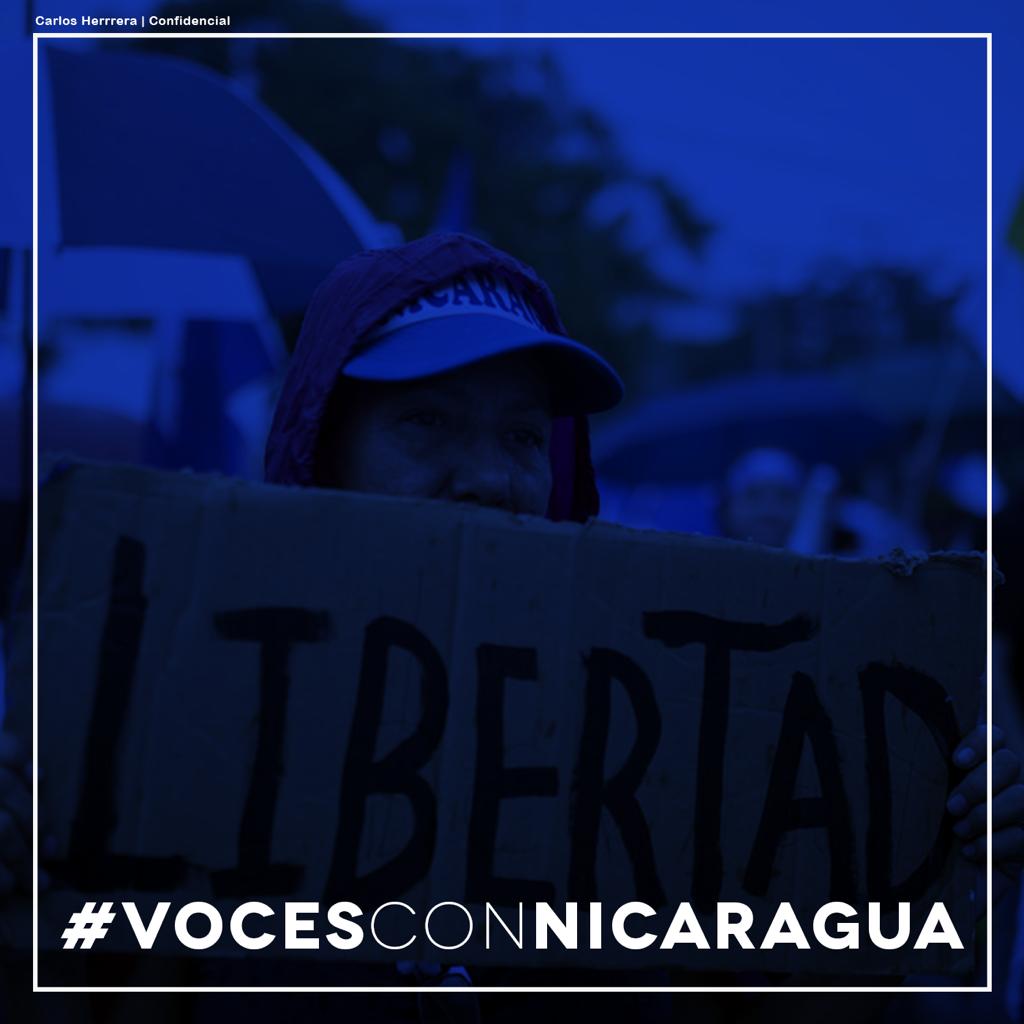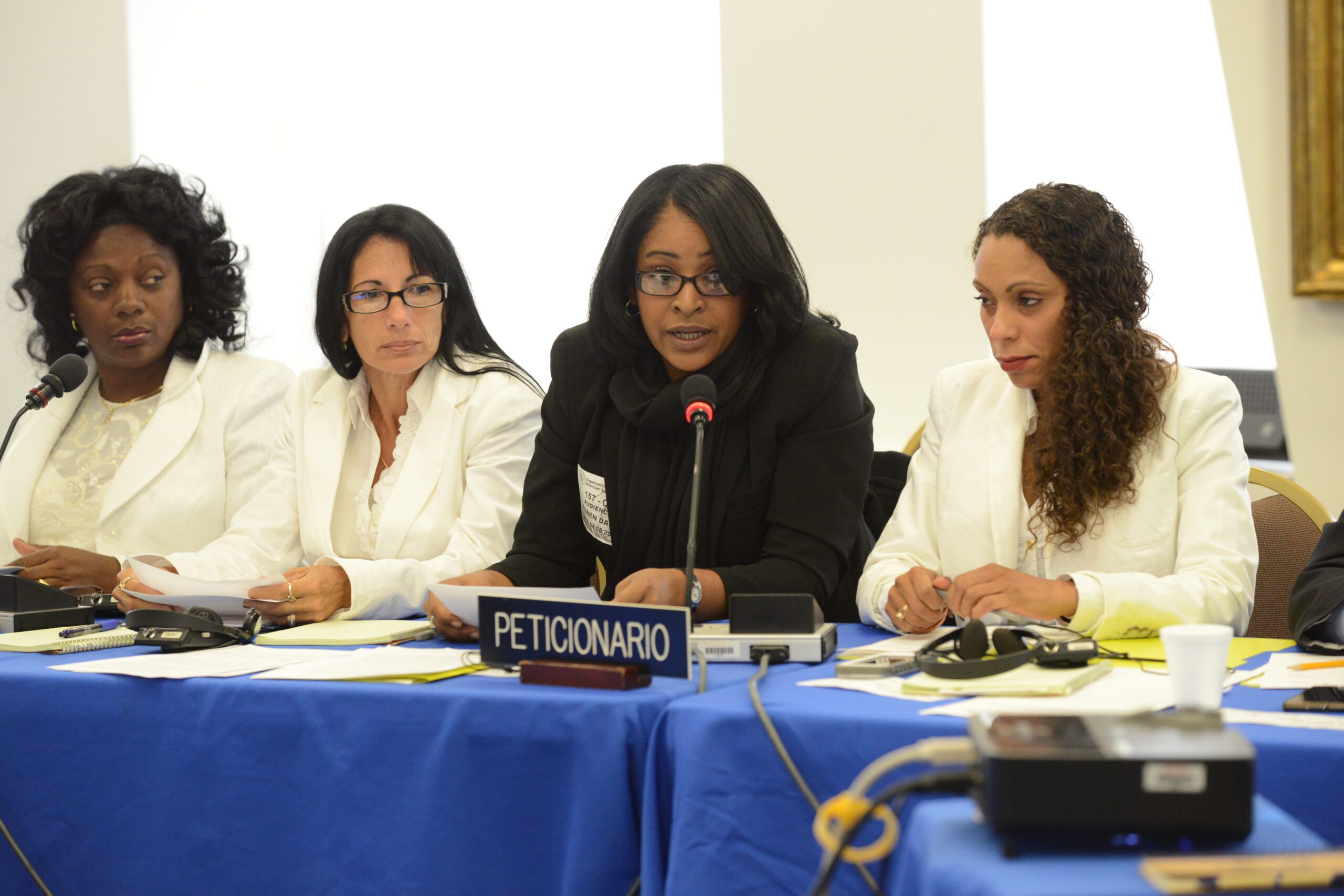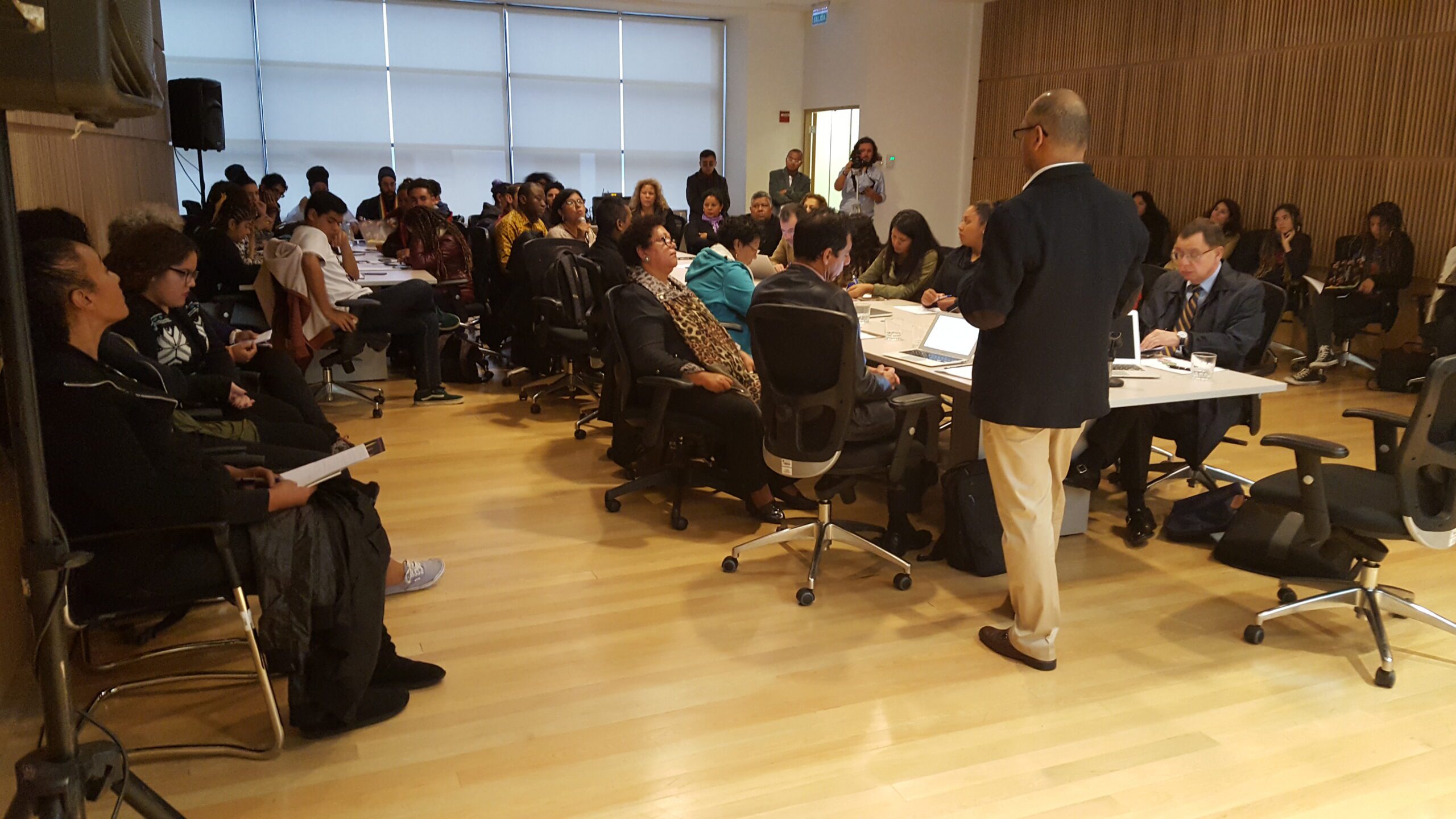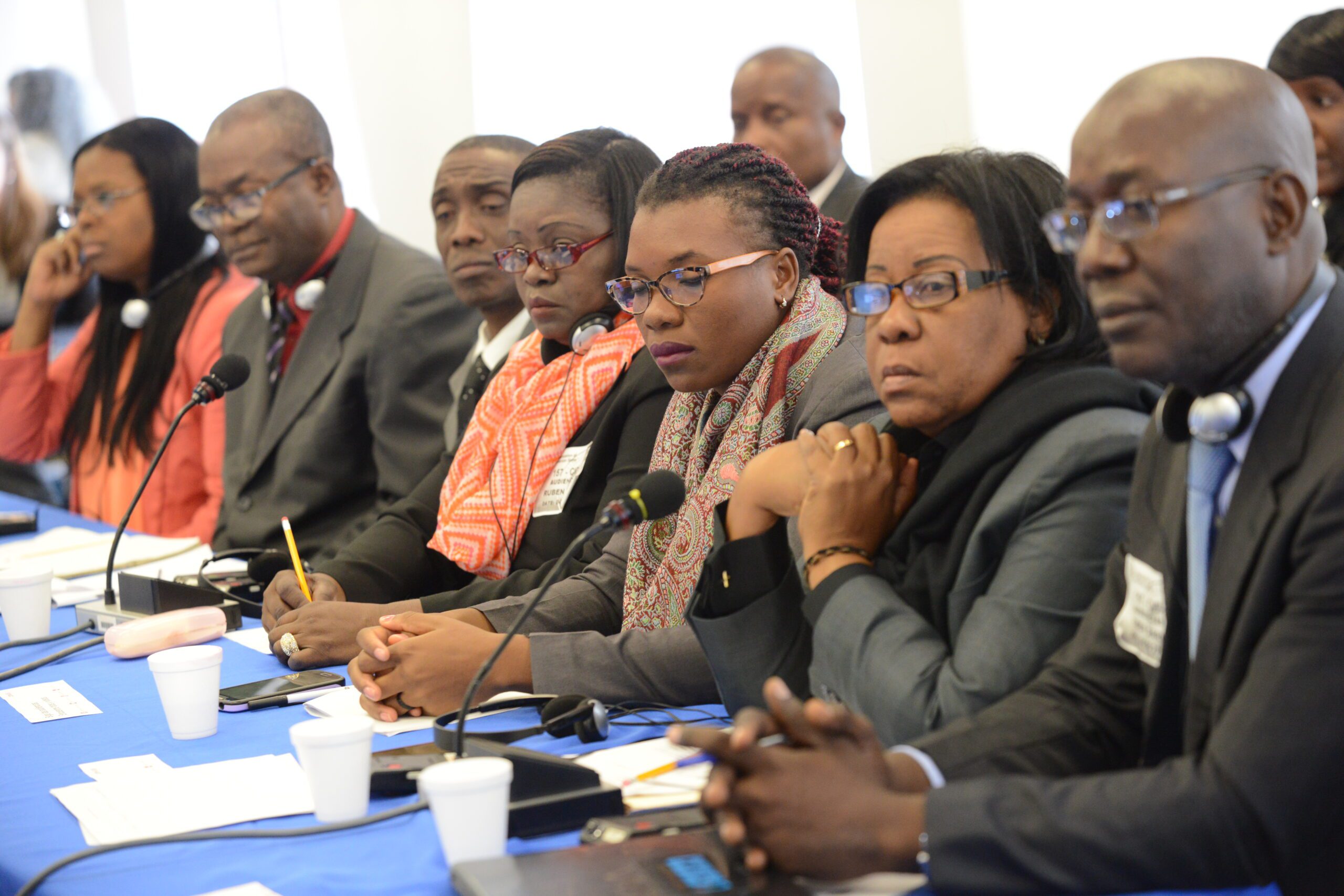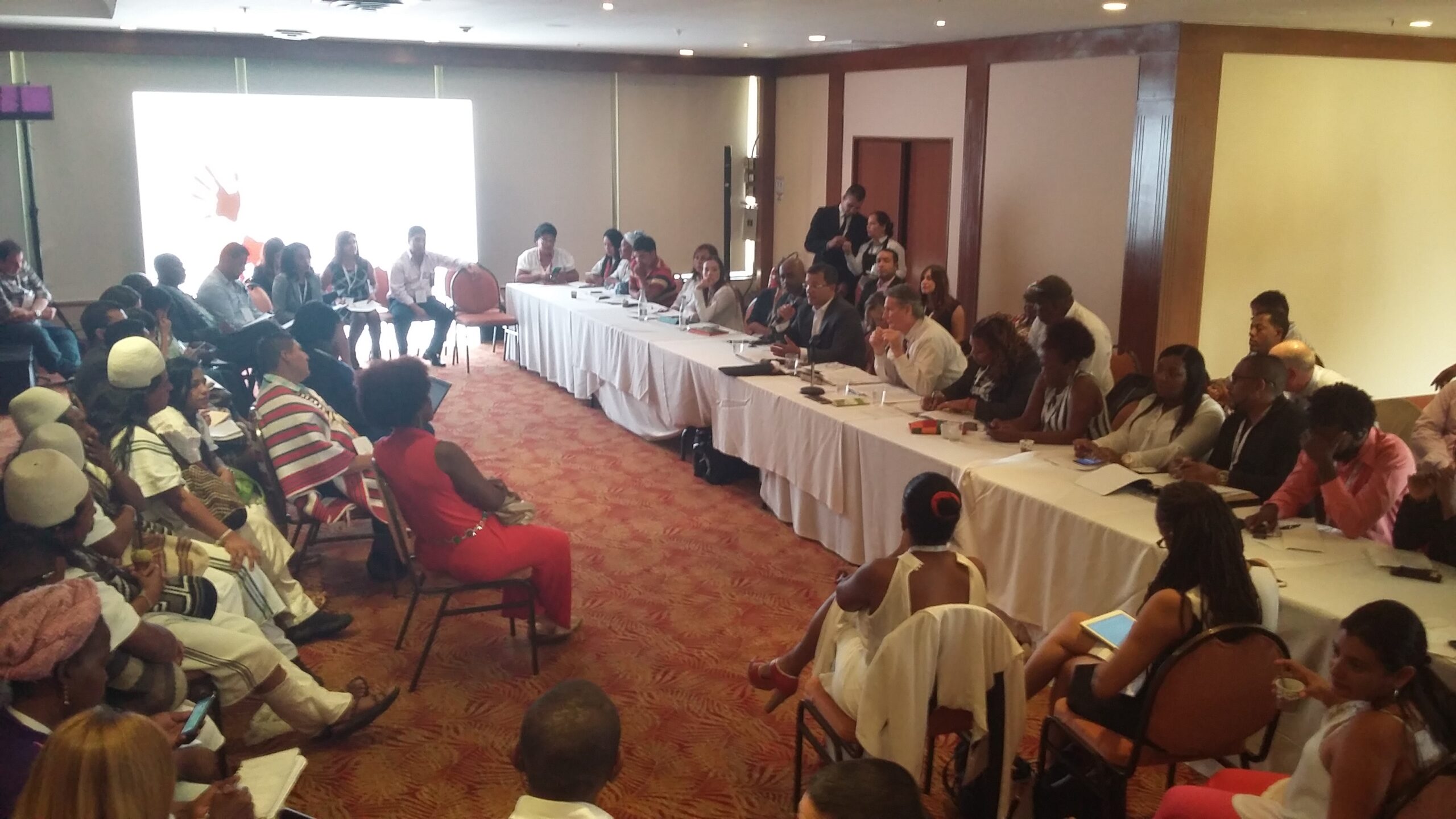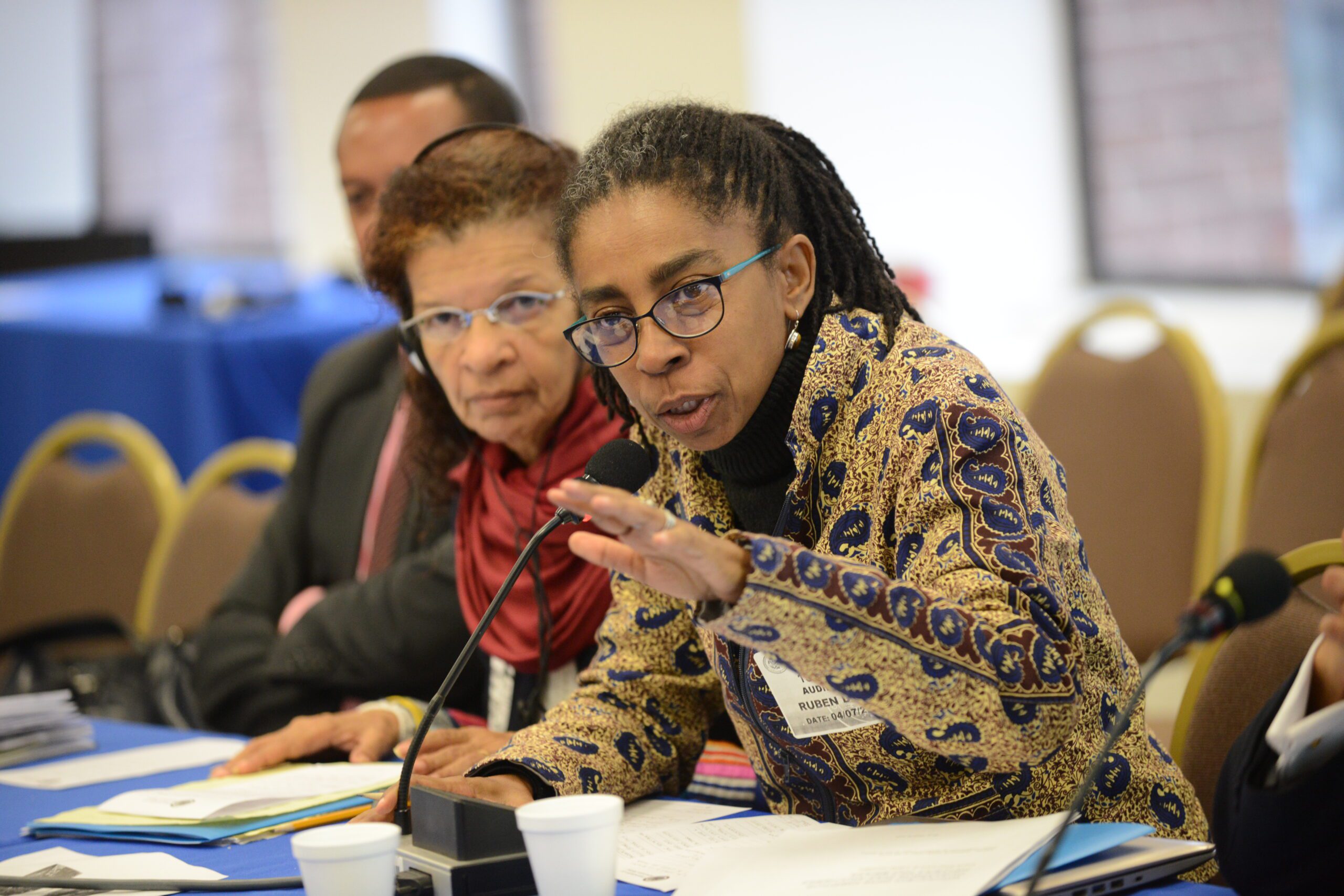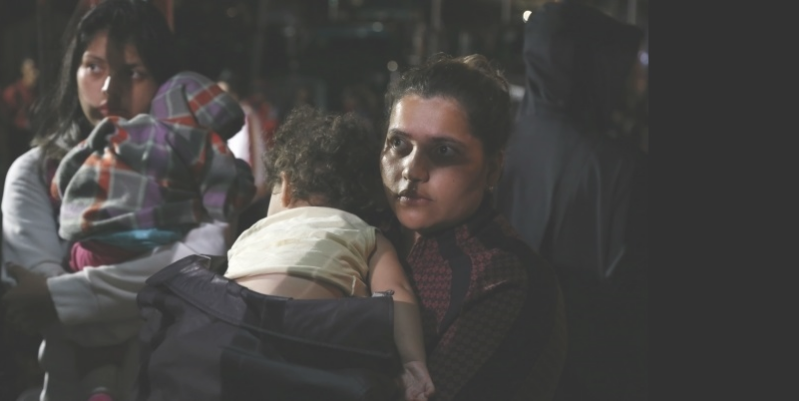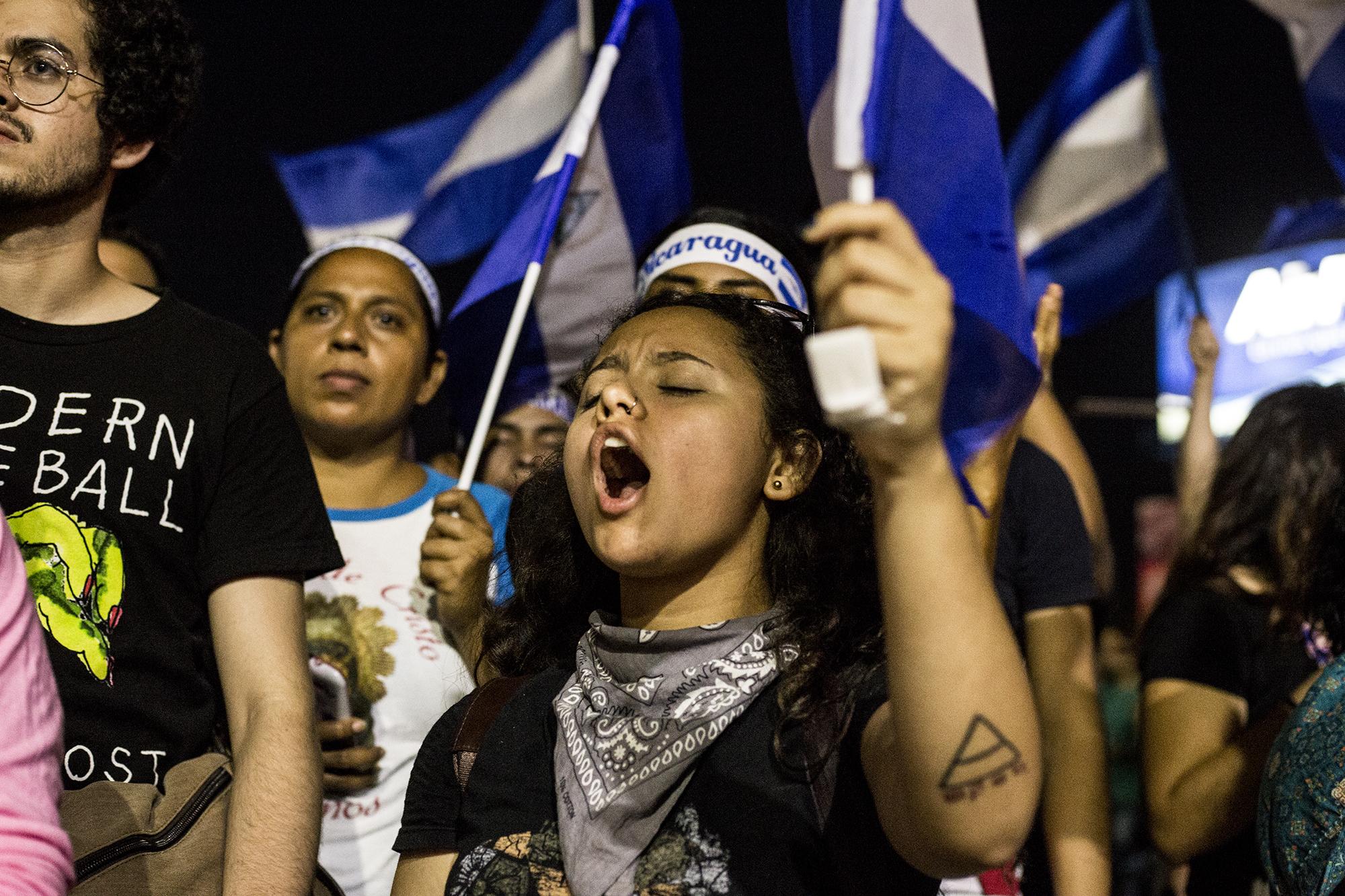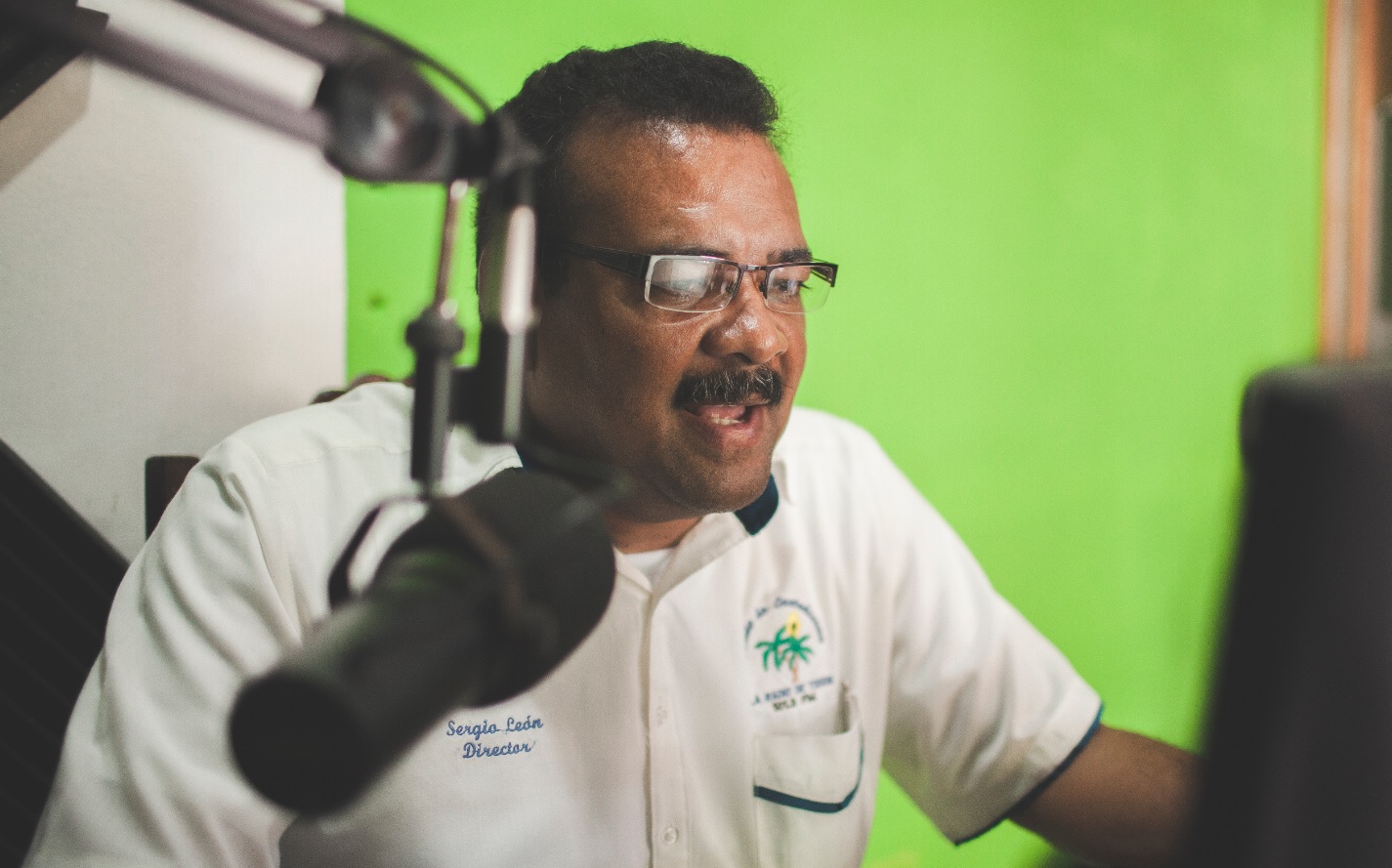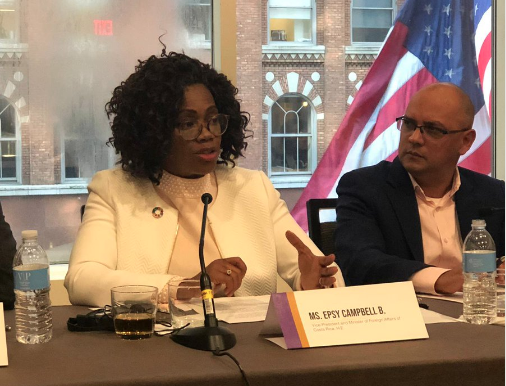SANKOFA: “Back to the past to resignify the present”: The reality of Black transgender and travesti women in Brazil
The SANKOFA Forum, which brought Afro-Brazilian, trans and travesti (a term used to describe a variety of feminine gender expressions) women together with the female public defenders of Brazil, was held from August 15-16 in Rio de Janeiro. The Forum was a space for exchange and dialogue about struggles and successes in the fight for racial and gender justice. “Sankofa”, an African word for a symbolic two-headed bird, was chosen as the name of the forum to capture its mission of looking “back to the past to resignify the present.”
The Forum was organized by the Transformar Institute, ANTRA, CEJIL, Criola, Núcleo de Direitos Humanos da Pontificia Universidade Católica do Rio de Janeiro, Forum Justiça, Fórum Estadual de Mulheres Negras, Defensoria Pública and the Institute on Race, Equality and Human Rights. Race and Equality also invited Commissioner Margarette May Macaulay, Rapporteur on the Rights of Persons of African Descent and against Racial Discrimination of the Inter-American Commission on Human Rights (IACHR), to the event.
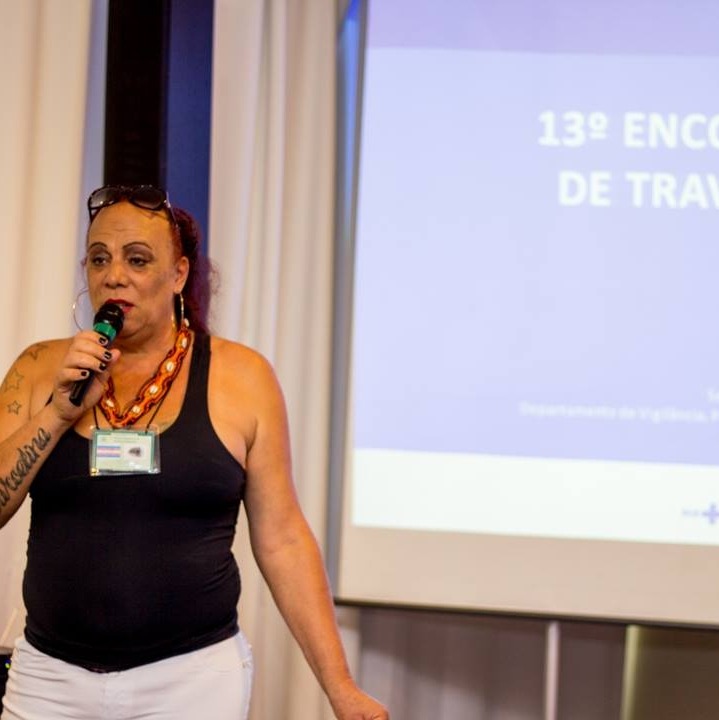
“The SANKOFA Forum is a space of (de)construction that was organized with the Office of the Public Defenders and with the support of Race and Equality, which made it possible to include various agencies and institutions, especially the Inter-American Commission on Human Rights in the person of Commissioner Margarete May Macaulay. Your presence allows us not to feel helpless and to feel that we can collectively build a narrative that can cross territorial barriers and borders and bring to light the importance of international insertion and the struggle of people who have always been in resistance, ”said Bruna Benavides of the National Association of Transvestites and Transsexuals (ANTRA, in Portuguese).
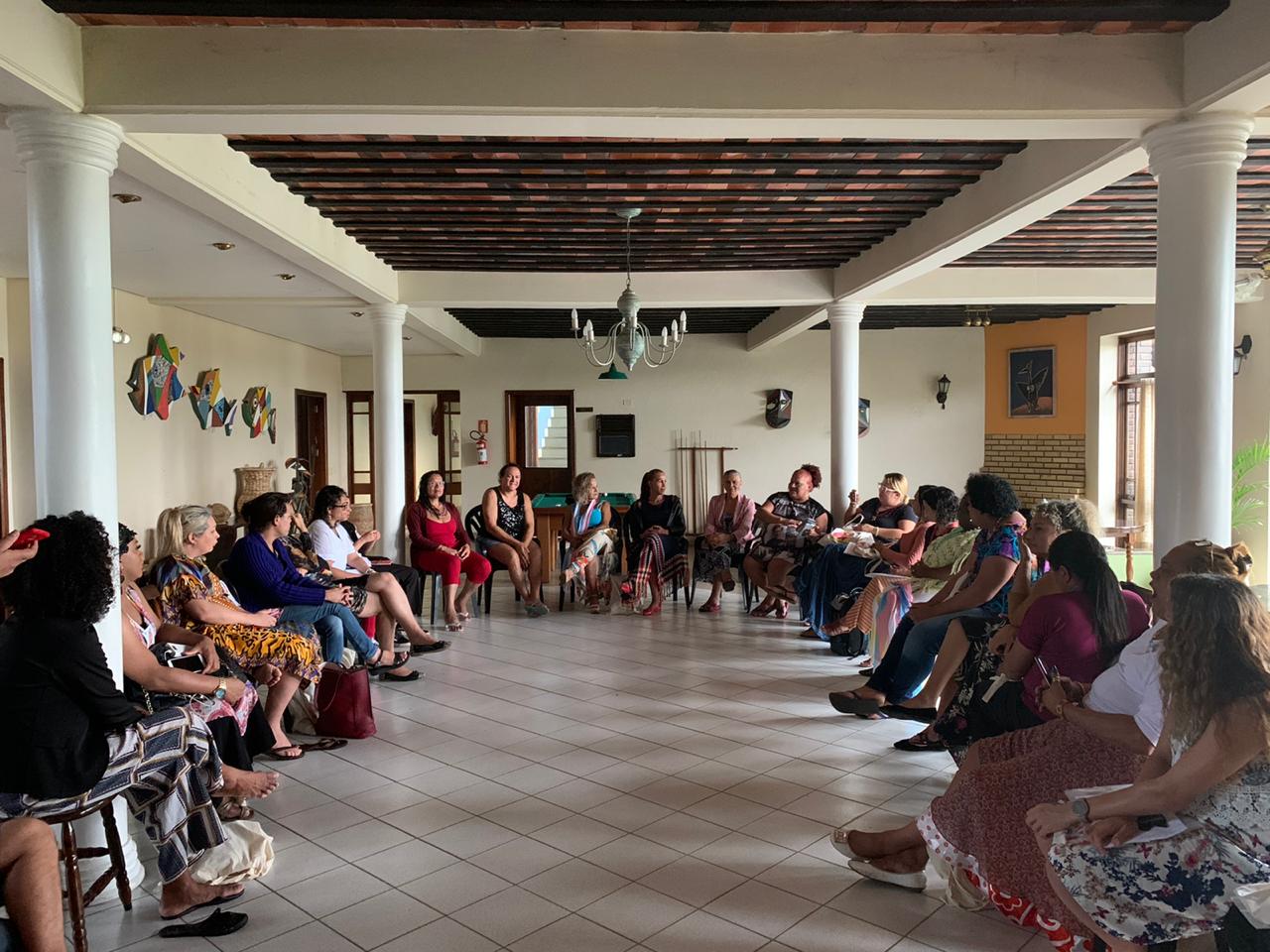
The forum drew on the voices and stories of activists, academics, human rights defenders, Quilombola communities and travesties, sex workers and trans people from two favelas in Brazil, who forcefully exposed the current situation of their human rights in light of the wave of violence that the country and especially these historically marginalized groups are facing.
“Giving access to justice must mean giving dignity to lives”
During the meeting days, the attendees discussed the existing possibilities for the full guarantee and exercise of their rights, highlighting that a constant state of racism, discrimination and extreme violence persists in Brazil. They also discussed that socially accepted “whitening” policies minimize the lives of black people and naturalize a state of white privilege in the country, making it impossible for the Afro-Brazilian and LGBTI community to participate in spaces of power. “Whites and cisgender people need to give space for Blacks and trans people to occupy the spaces of power,” said one activist.
“A state of exception has always existed in Brazil, because it has always been legitimate to kill black bodies and trans bodies,” Fatima Lima, a teacher of ethnic-racial studies.
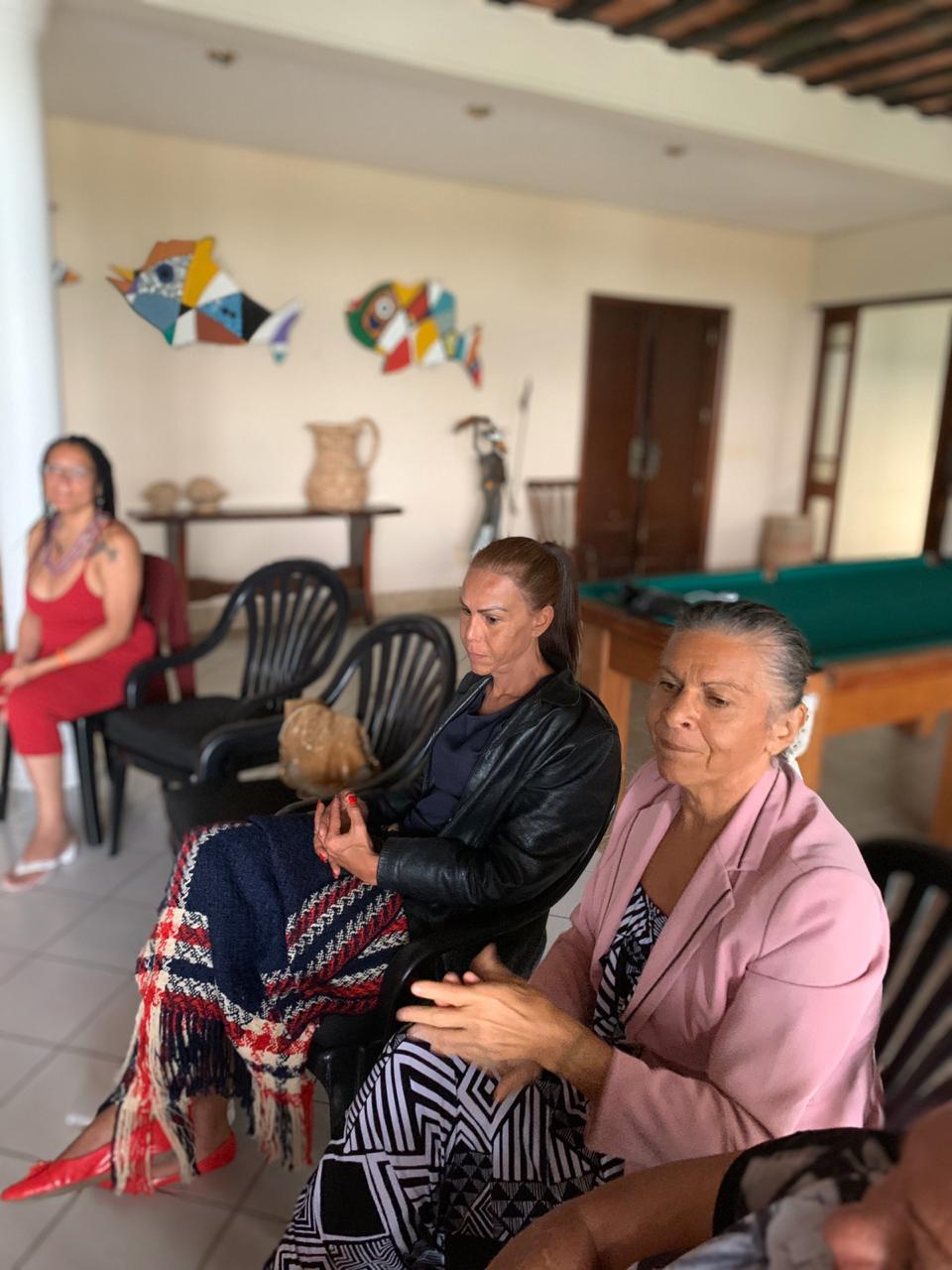
During the Forum, Bruna Benavides from ANTRA officially submitted to Commissioner Macaulay the latest report on violence against the trans and travesti population in Brazil. This report shows a shocking number of murders, invisible in the national media, which continues to rank Brazil as the country with the most murders of trans people annually.
Regarding that report, Mariah Rafaela, a member of the Instituto Transformar e Conexão said: “There is a system that allows the death of trans and black people. The notion of justice must arise from the experience of people who have no minimum dignity to live. Giving access to justice must mean giving dignity to lives.”
On the other hand, Alessandra Ramos of the Transformar Institute raised the need to advance a resignification of what it means to be an Afro and “transgender” woman based on the experiences and representations of the people who inhabit these bodies. Furthermore, she expressed the need to overcome the characterizations of Afro and trans women that are assigned by white people, precisely because these women have historically been affected by the differentiated impacts of race and identity. She also warned that 38% of trans and travesti women in Brazil are estimated to live with HIV and that the group with the highest percentage of HIV-positive members is the trans community.
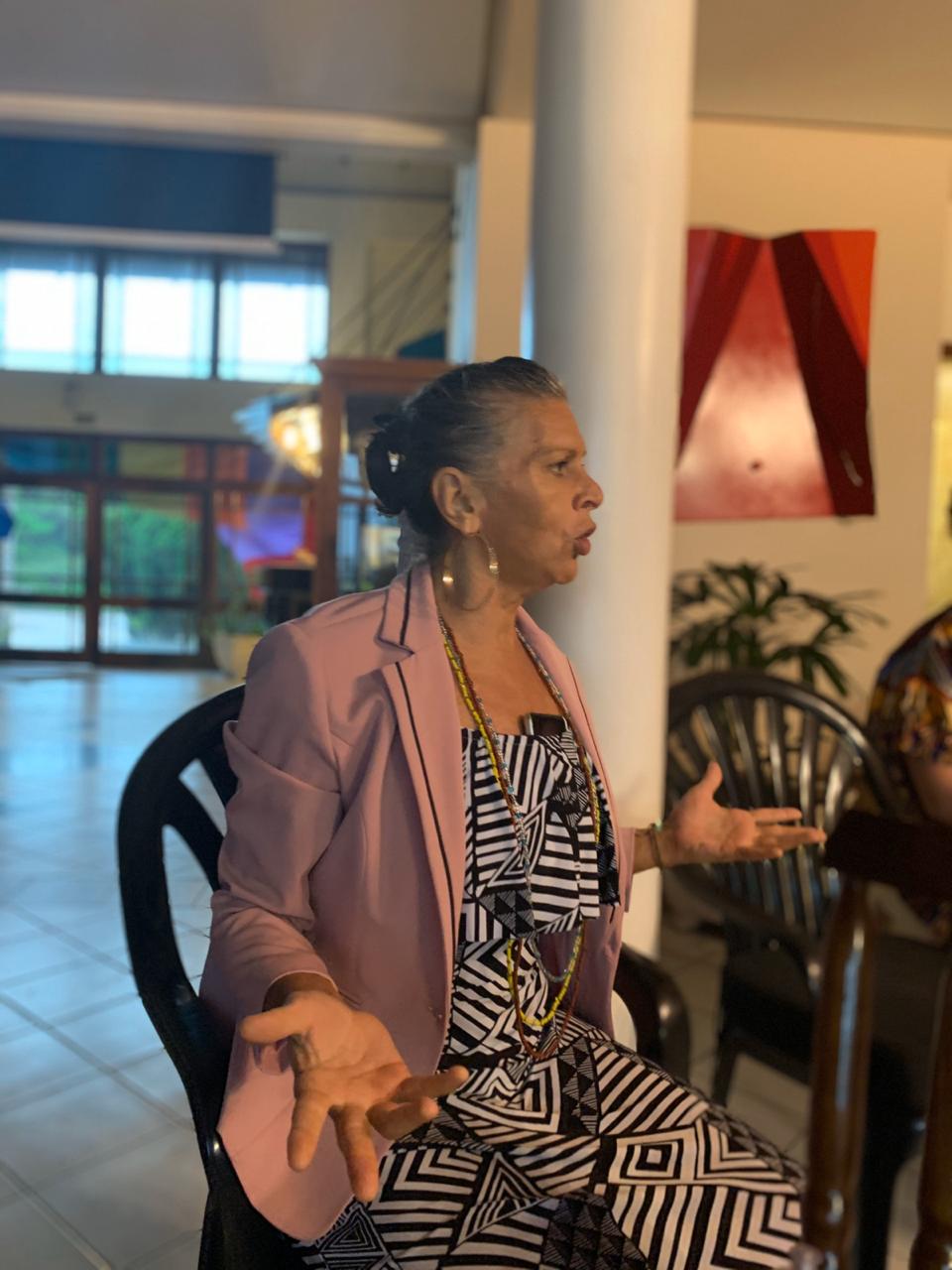
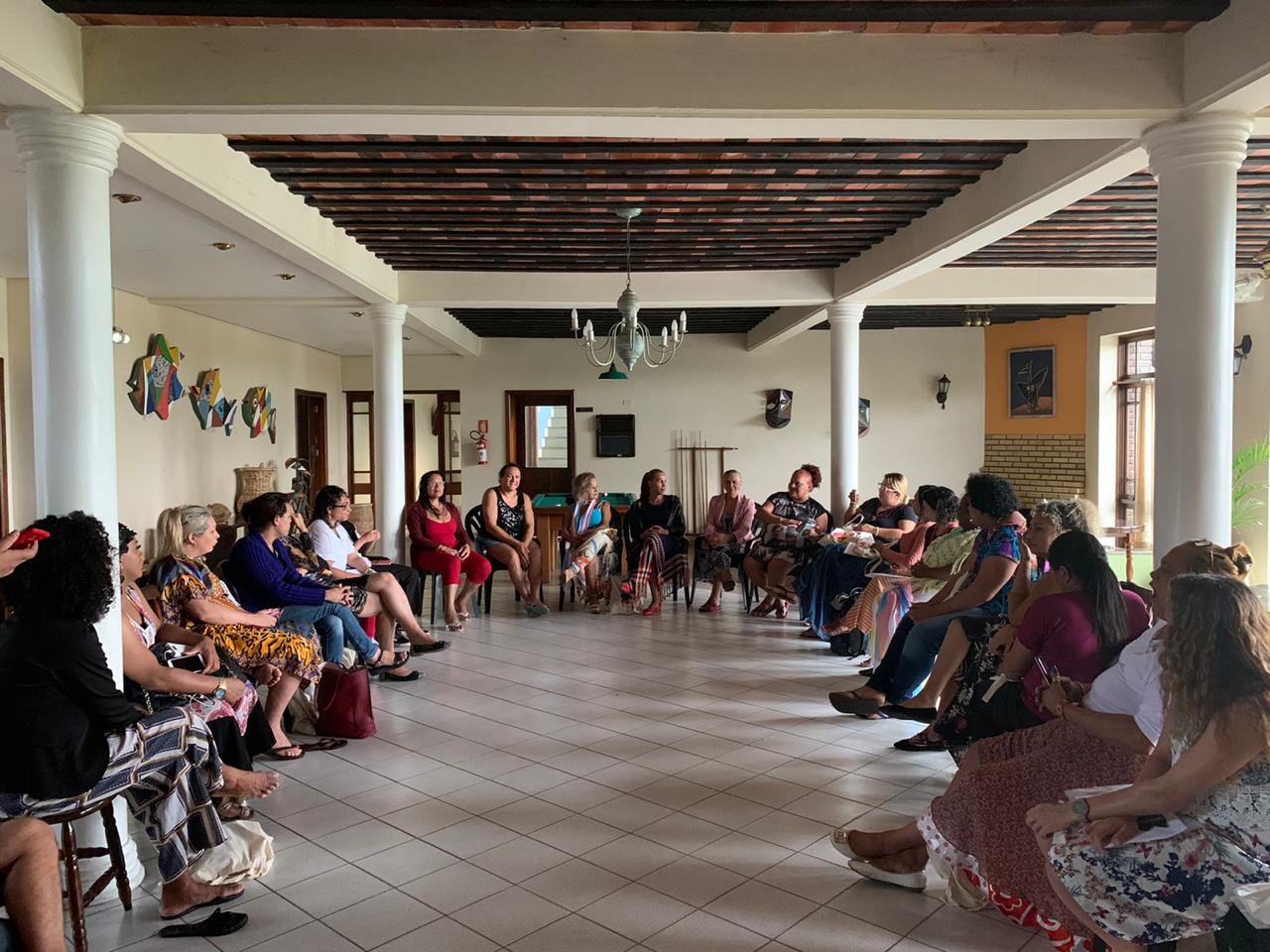
“Please, work with us!”: Margarette Macaulay, IACHR
During the Forum, Race and Equality facilitated private meetings between activists and Commissioner Macaulay. Carlos Quesada, the executive director of Race and Equality, and the organization’s Consultant for Brazilian LGBTI issues Isaac Porto also participated in these private meetings and heard first-hand about the violence that human rights activists are facing in the country’s most marginalized places.
Throughout the testimonies of the attendees, topics such as the mutilation of intersex children, the HIV situation among young people in Brazil, the increase in the murders of lesbian women and the difficulties of LGBTI people in accessing health, education, decent work and participation spaces were constantly referenced.
“I am not only black: I am a travesti, I am poor, I live in a favela. My activism began since I was born, because ever since then I have fought to survive,” said an Afro-Brazilian activist.
Commissioner Macaulay referred to the historical debt that the Brazilian State has to the Afro-descendant people victimized by slavery, a victimization that persists in today’s social structure due to the socio-racial hierarchies that prevent Afro-Brazilians from accessing and enjoying their rights. She also recalled the responsibility and obligations of the State as guarantor of people’s rights, regardless of their condition.
Addressing the civil society activists, Commissioner Macaulay pointed out the importance of submitting detailed accounts of cases of violence to the IACHR in order to illustrate the situation of human rights violations experienced by the Afro and LGBTI communities. She emphasized the importance of working together to overcome the serious rights crisis that Brazil is facing.

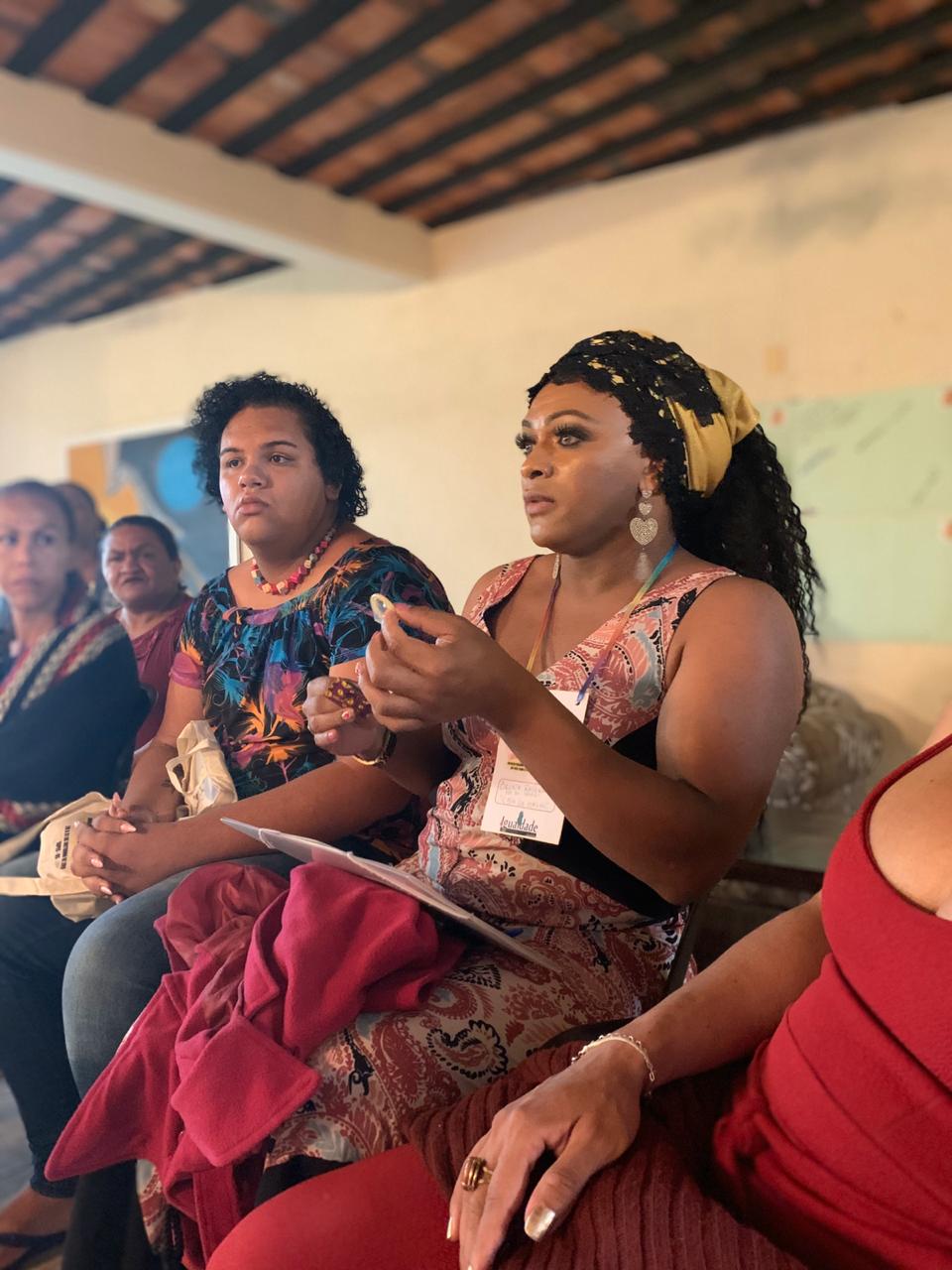
During the meeting spaces, Carlos Quesada reiterated his organization’s commitment to denouncing and documenting human rights violations, as well as the importance of technical strengthening of organizations to participate in international human rights spaces.
The SANKOFA forum is a space created to provoke dialogue between the Brazilian Public Defender’s Office and the black, trans and travesti women leaders of social movements and organizations. Its goals are to strengthen state institutions committed to the agenda of the country’s social movements, to expand the opportunities for training and articulation of leaders at the national level and finally, to serve as a resource to provide information to activists about international mechanisms for the protection of rights.
Statement: Race and Equality is committed to the accompaniment of social organizations in Brazil and their work documenting, denouncing and publicizing human rights violations within the Inter-American and Universal Systems, especially violations of the rights of Afro-Brazilian people and people with diverse sexual expressions and gender identities. Race and Equality recognizes that these people are victims of discrimination, marginalization and violence because of social structures that prevent the full enjoyment of their rights.

